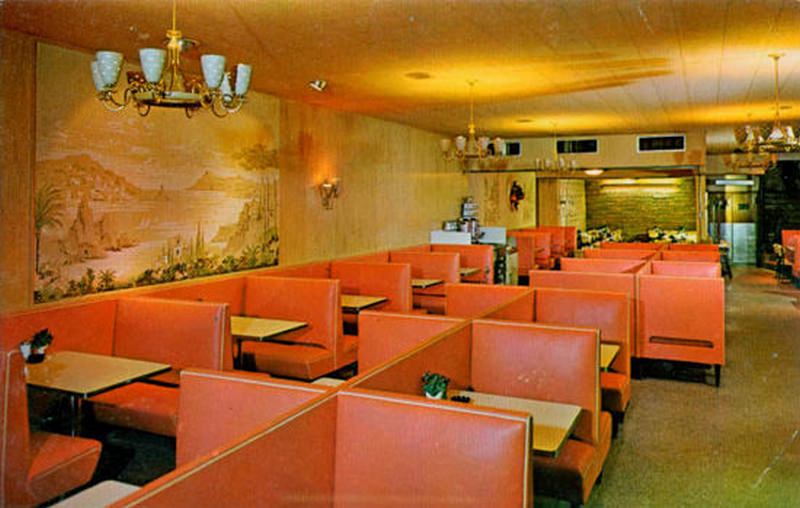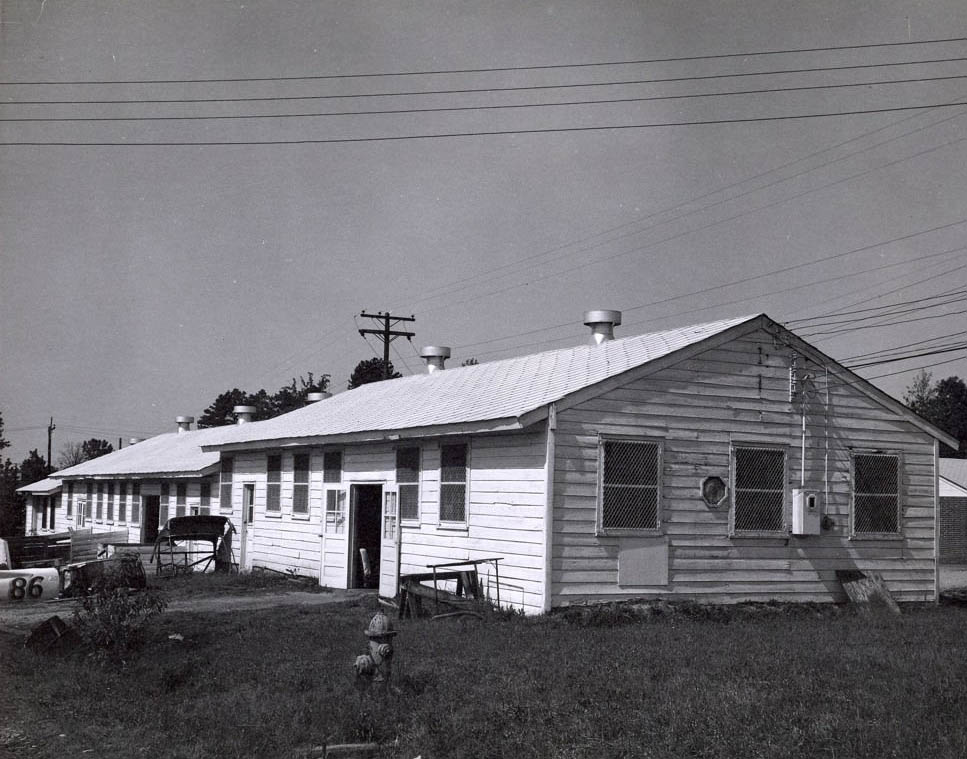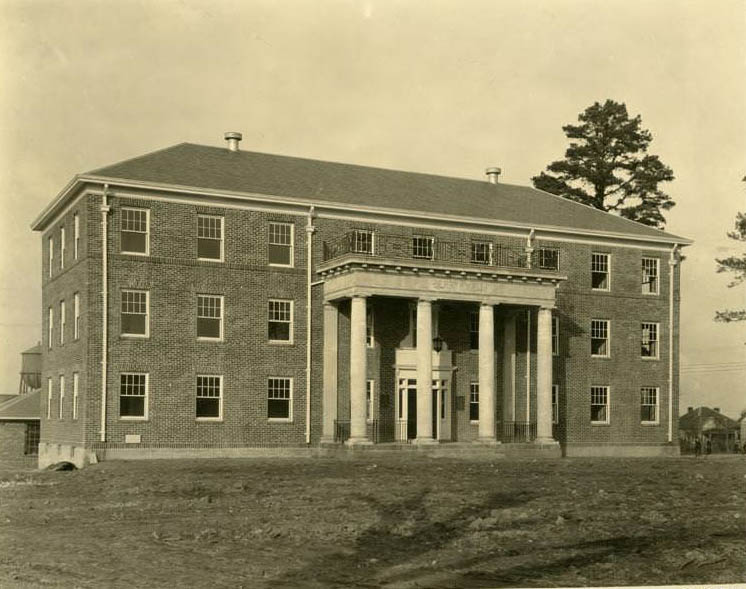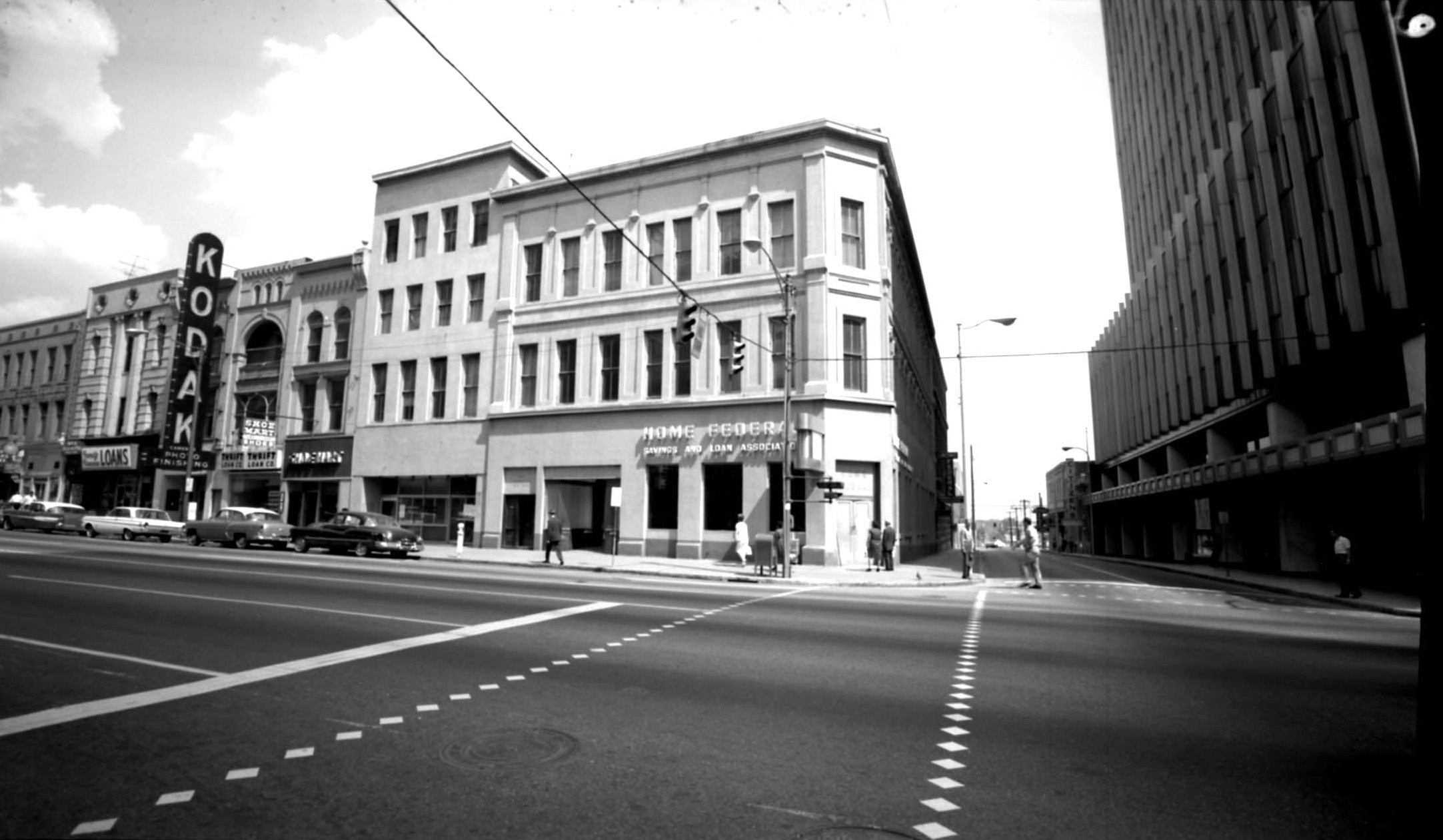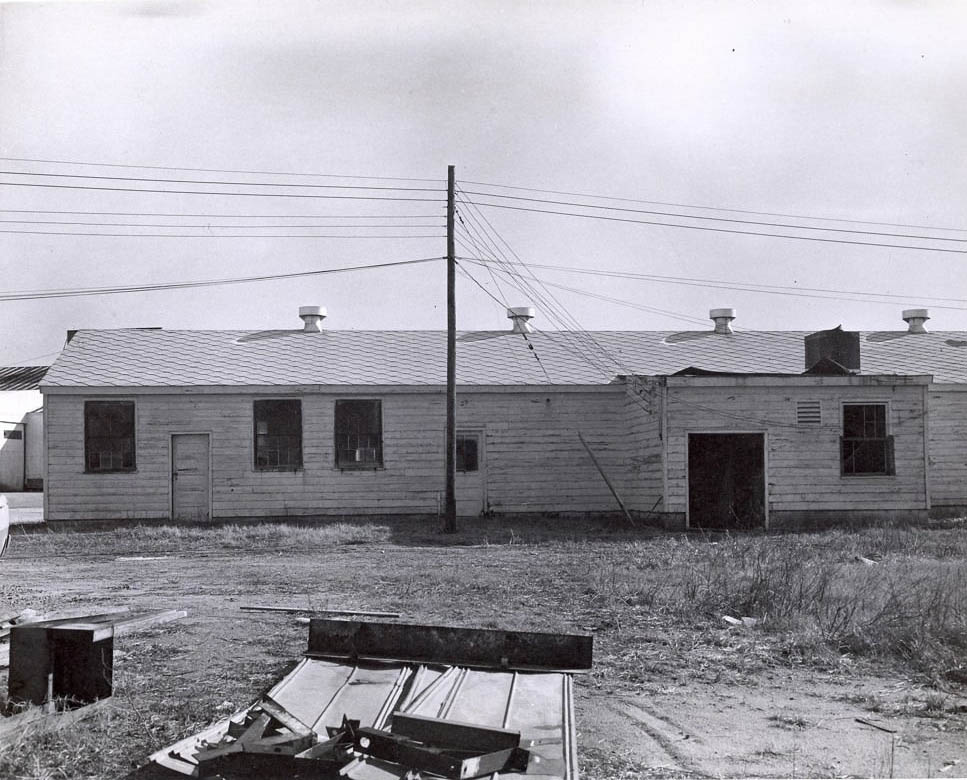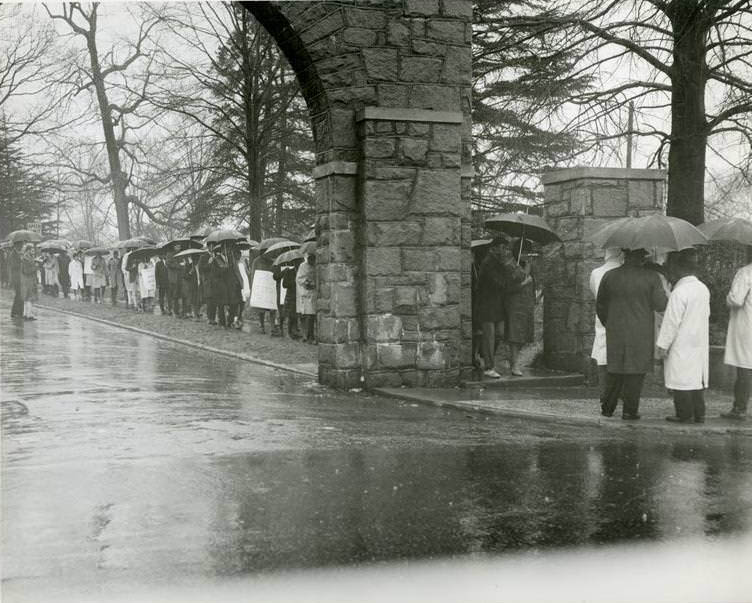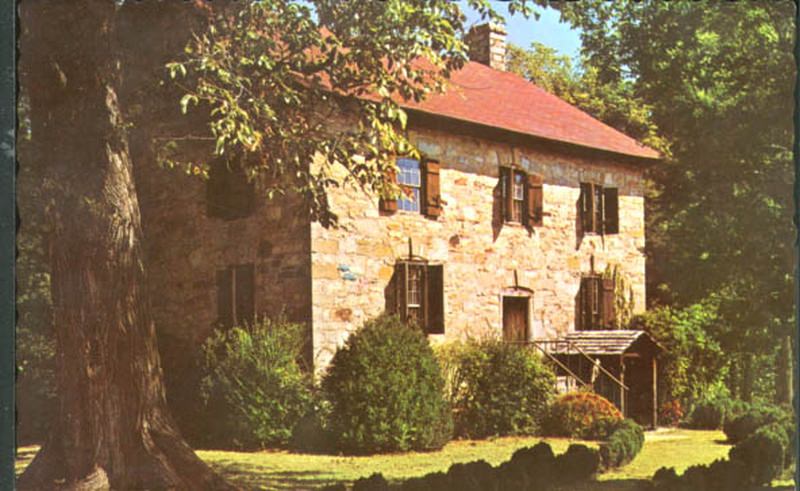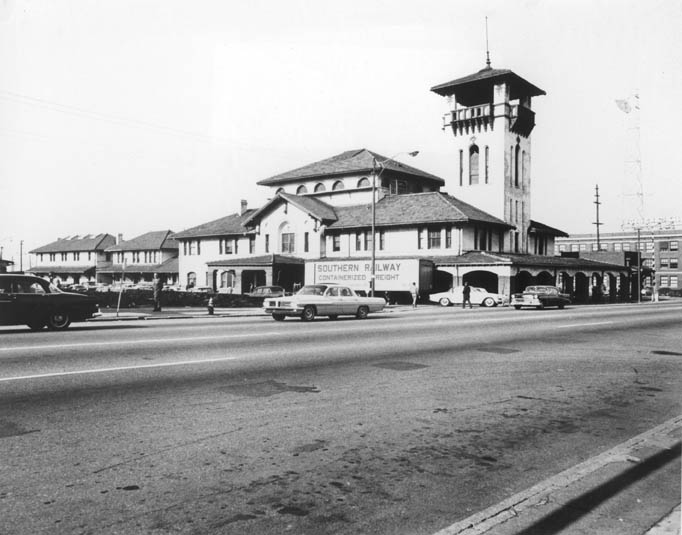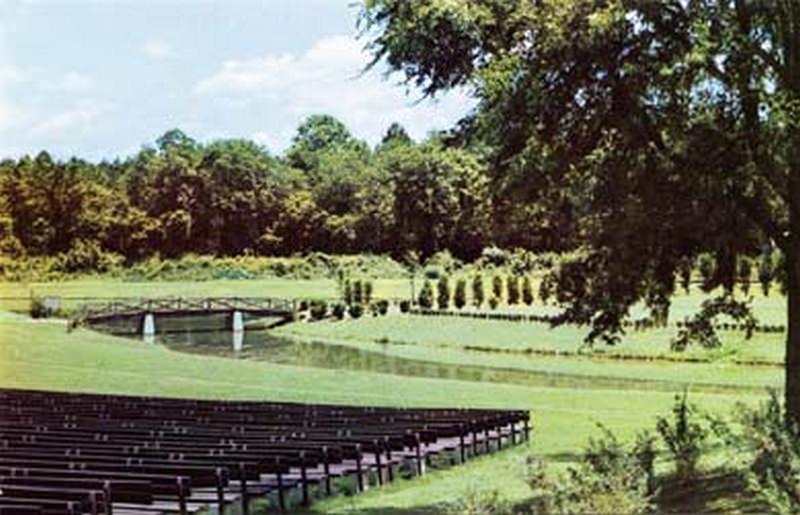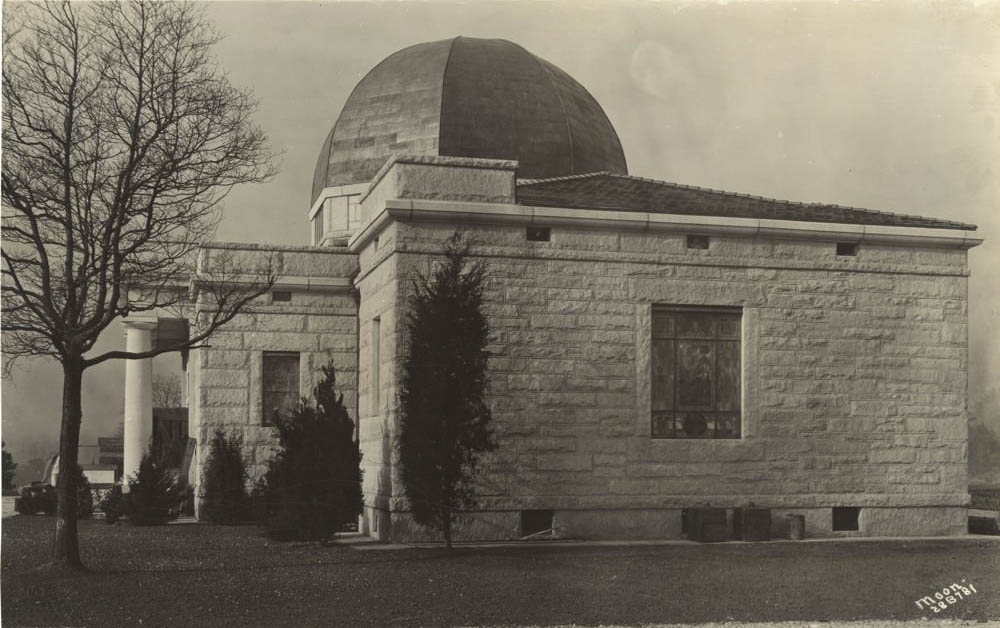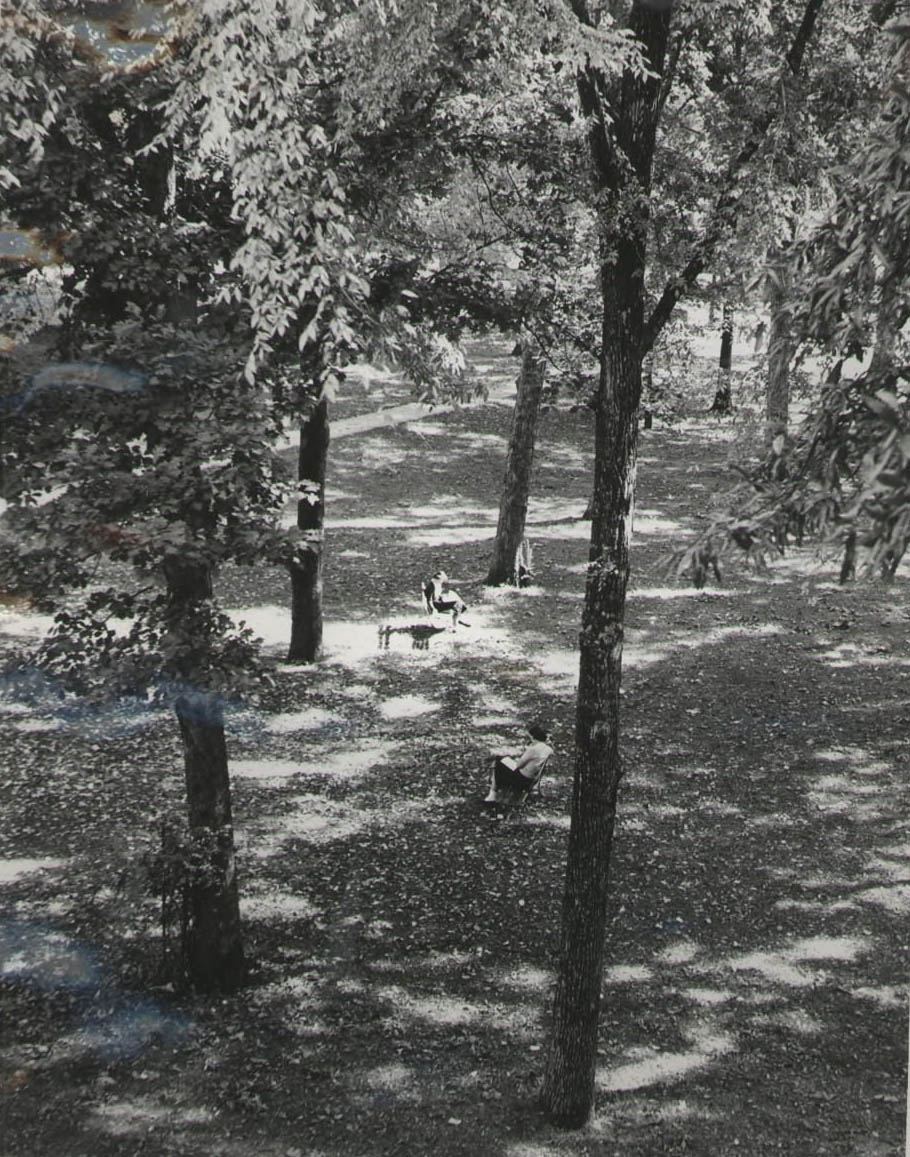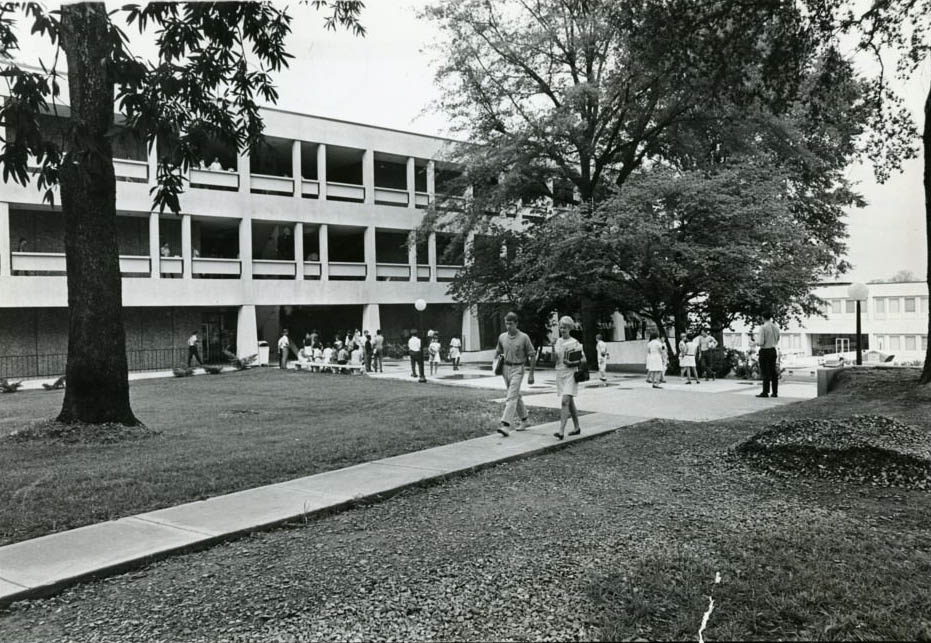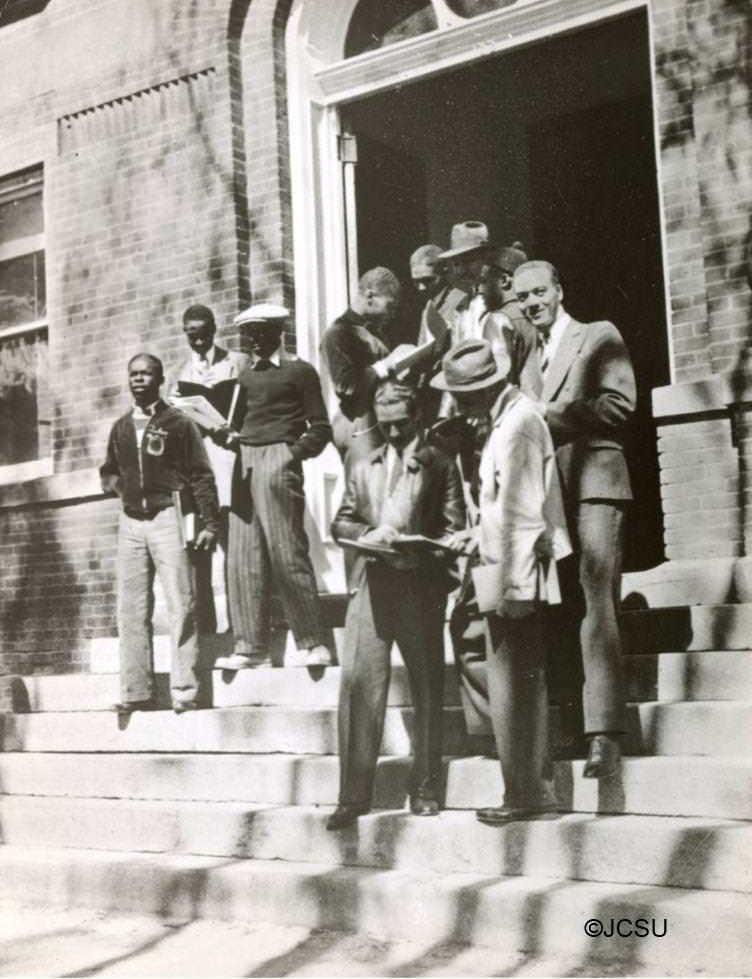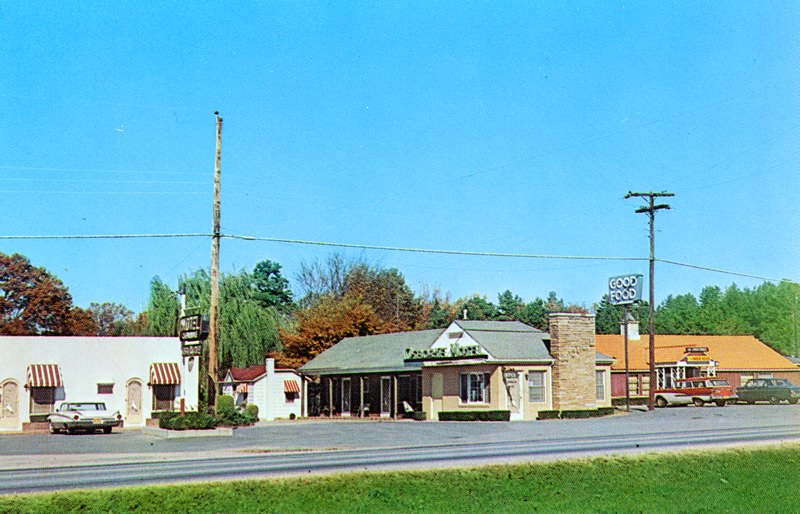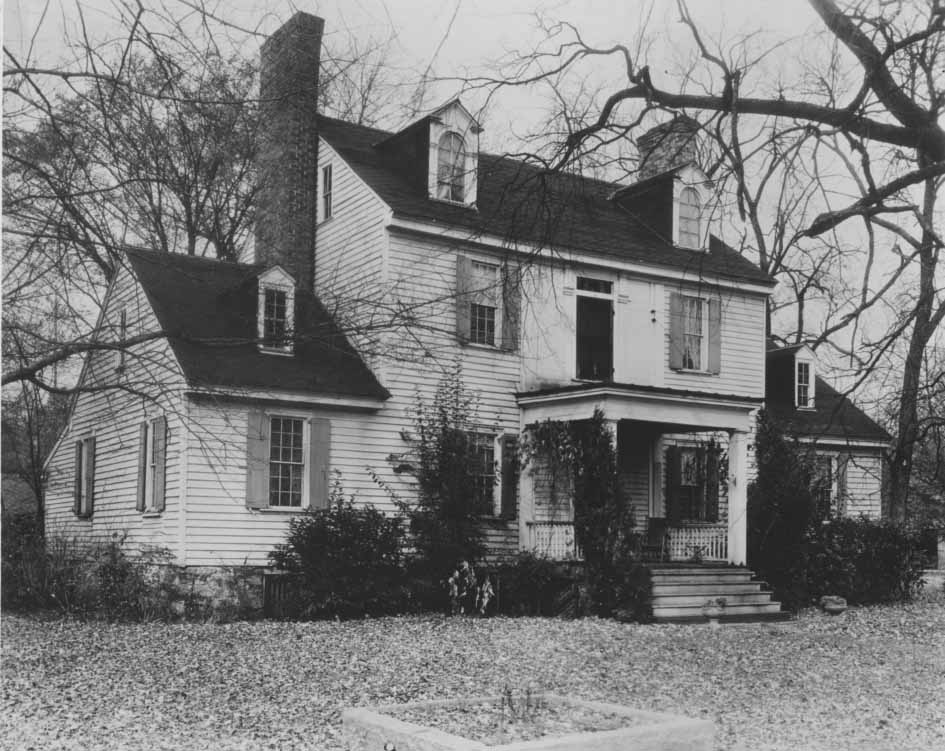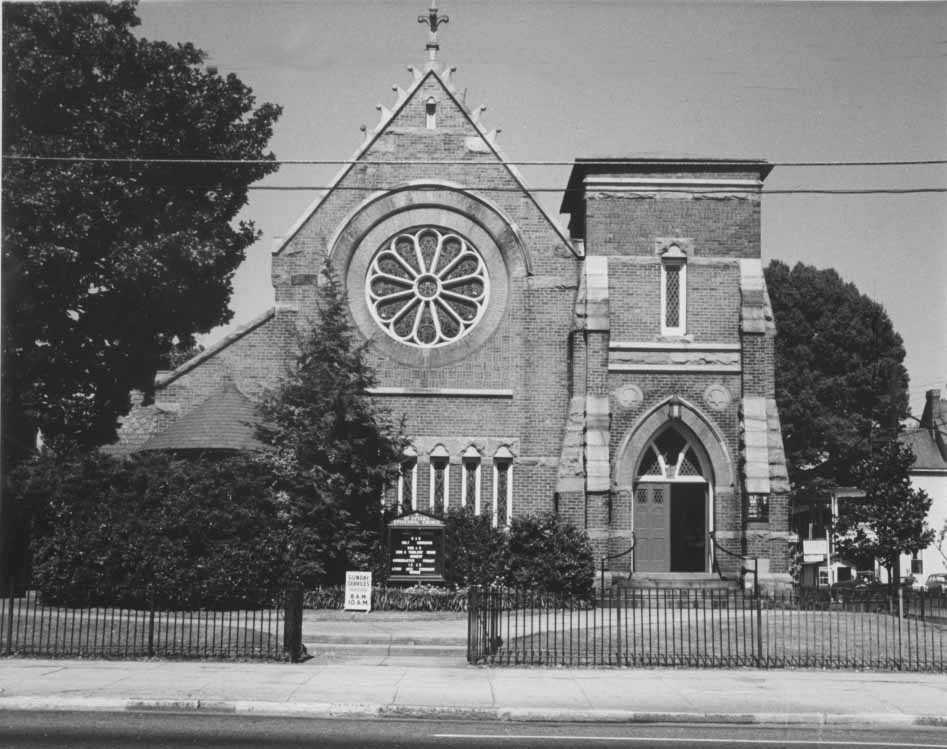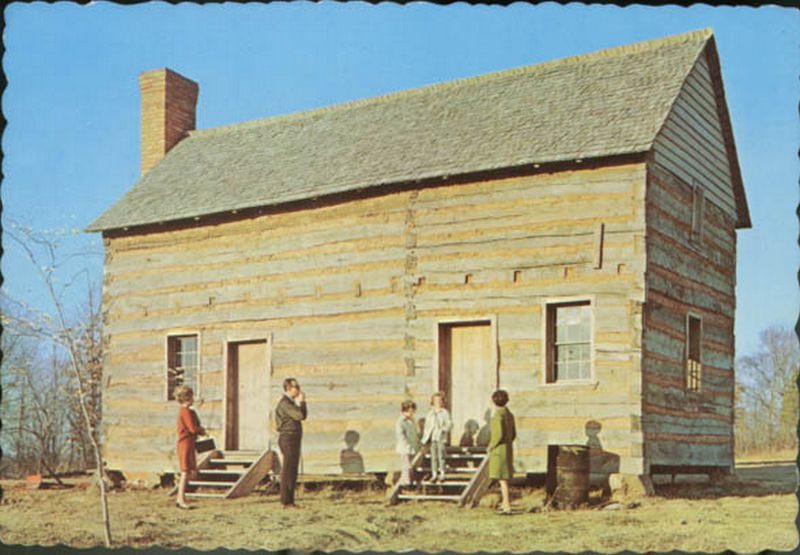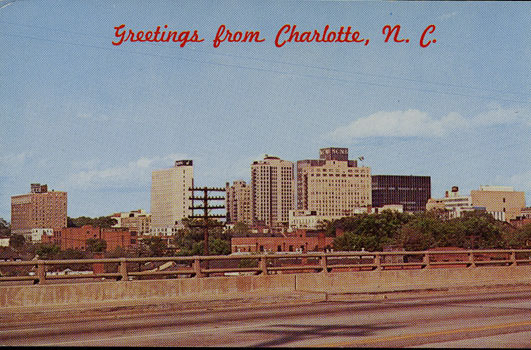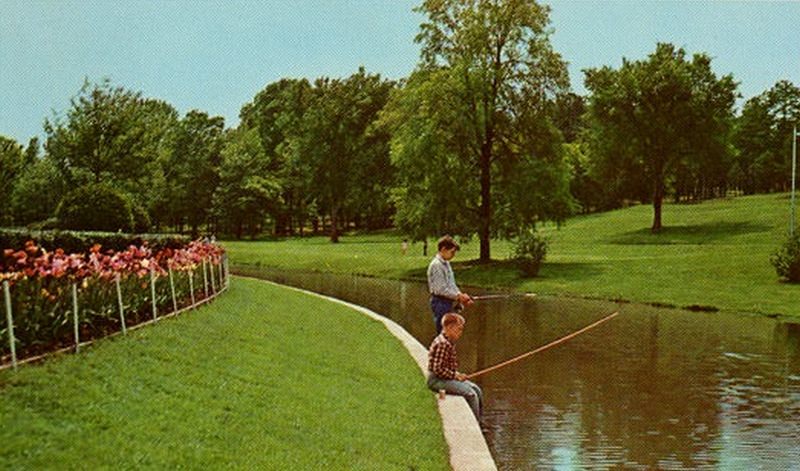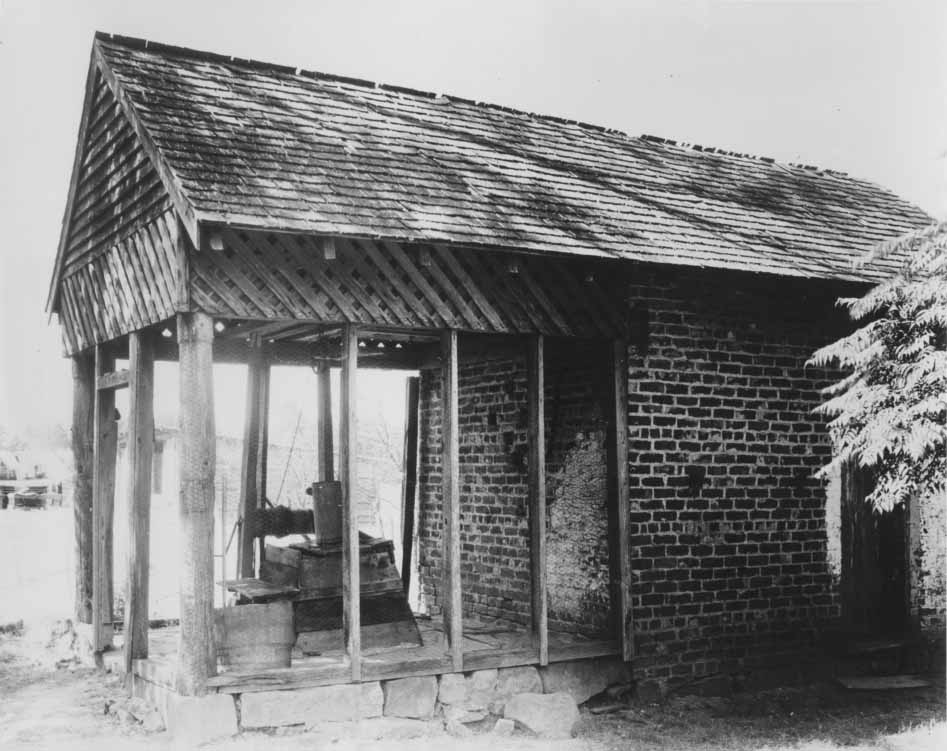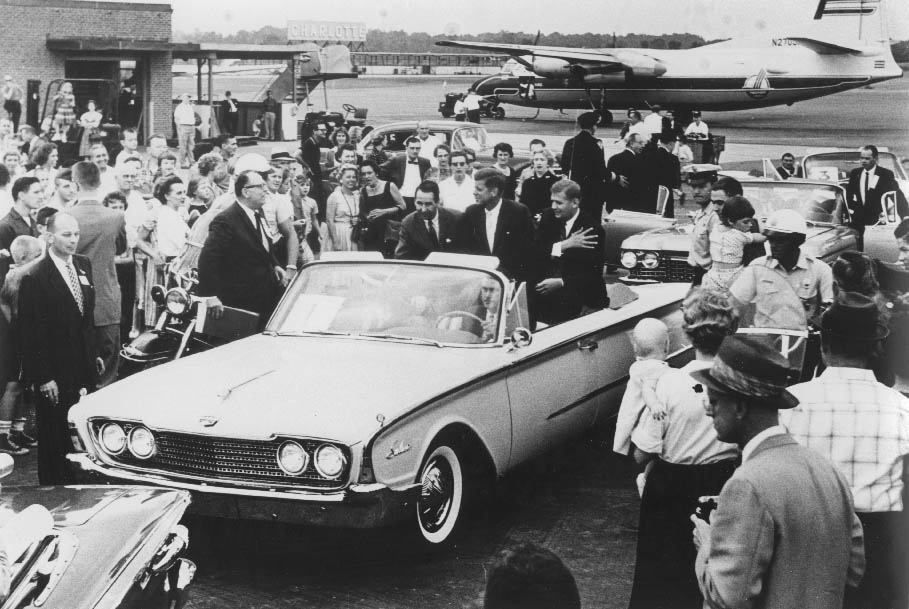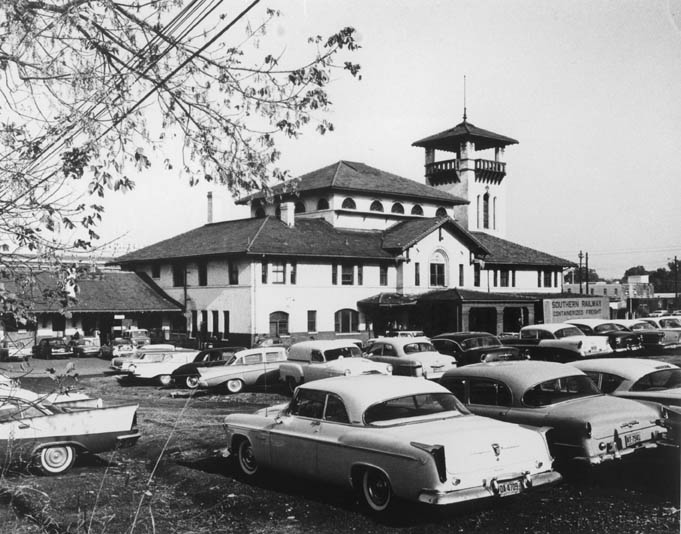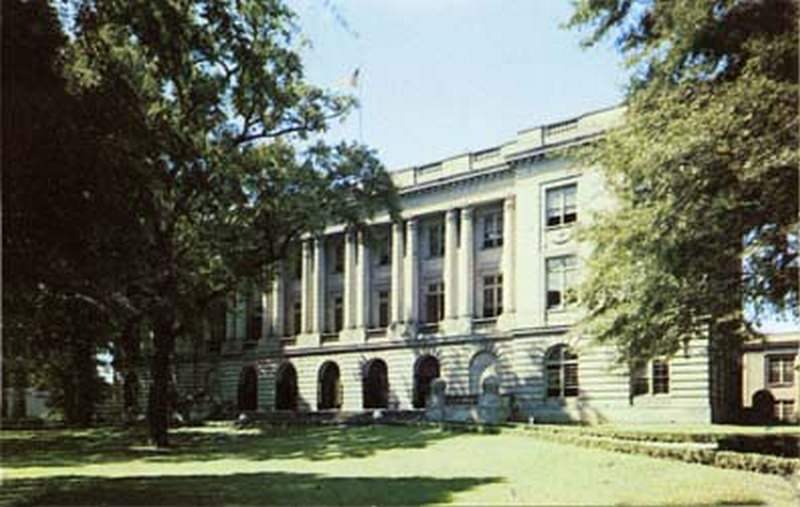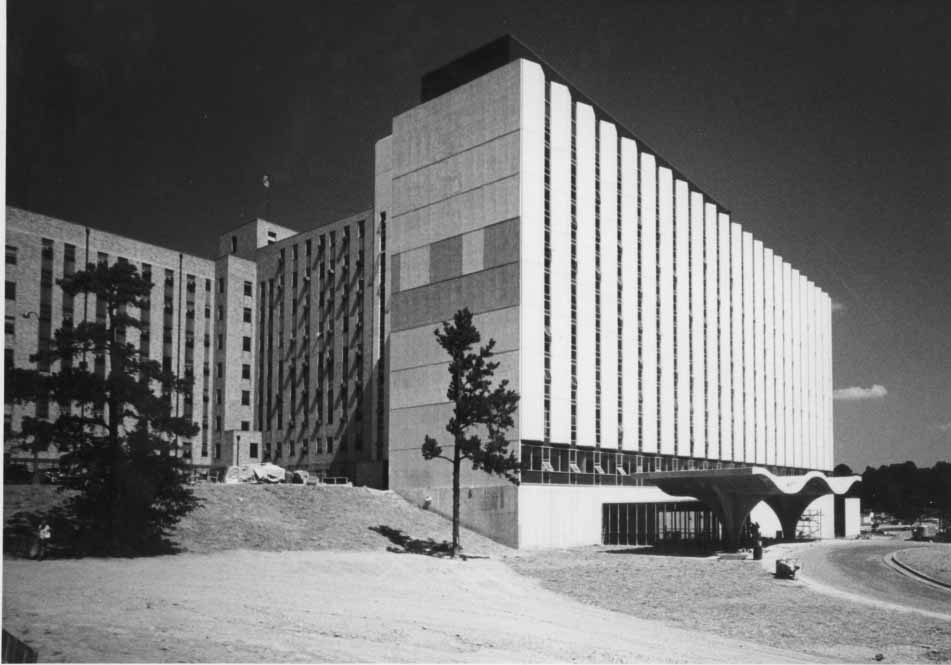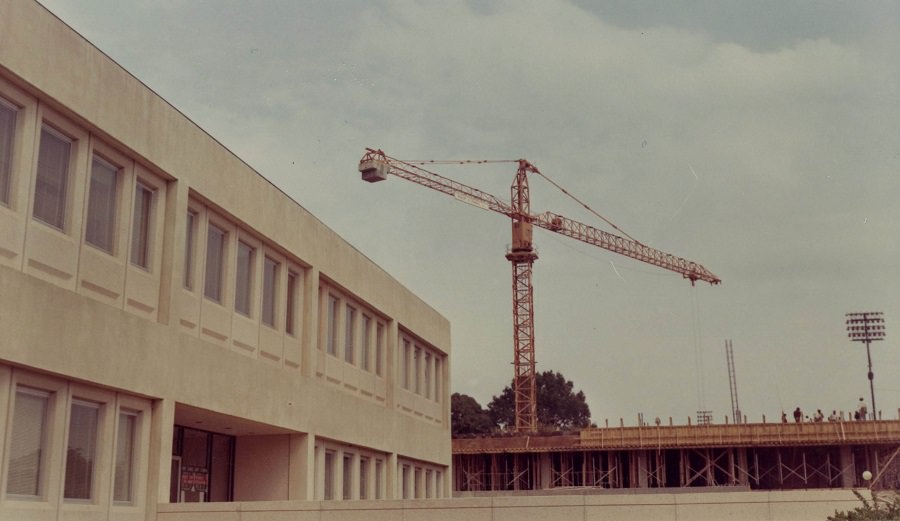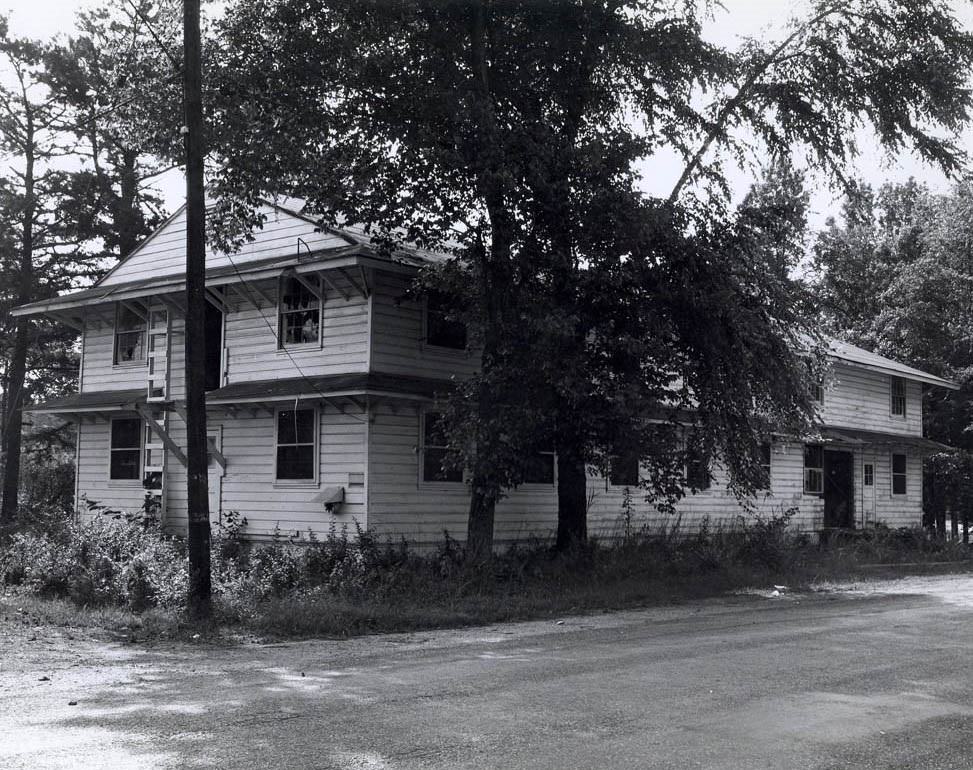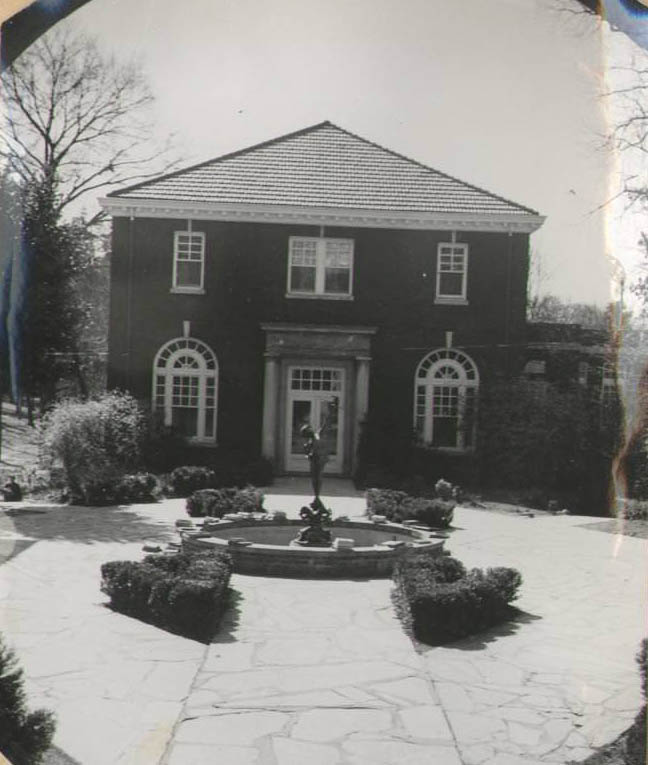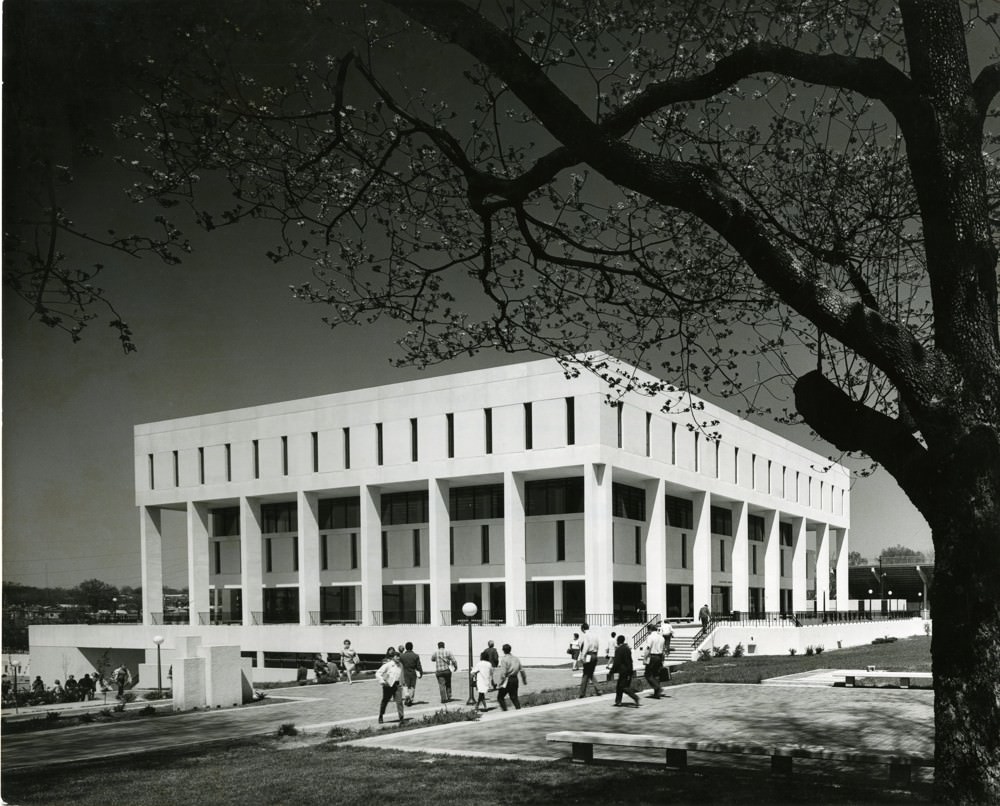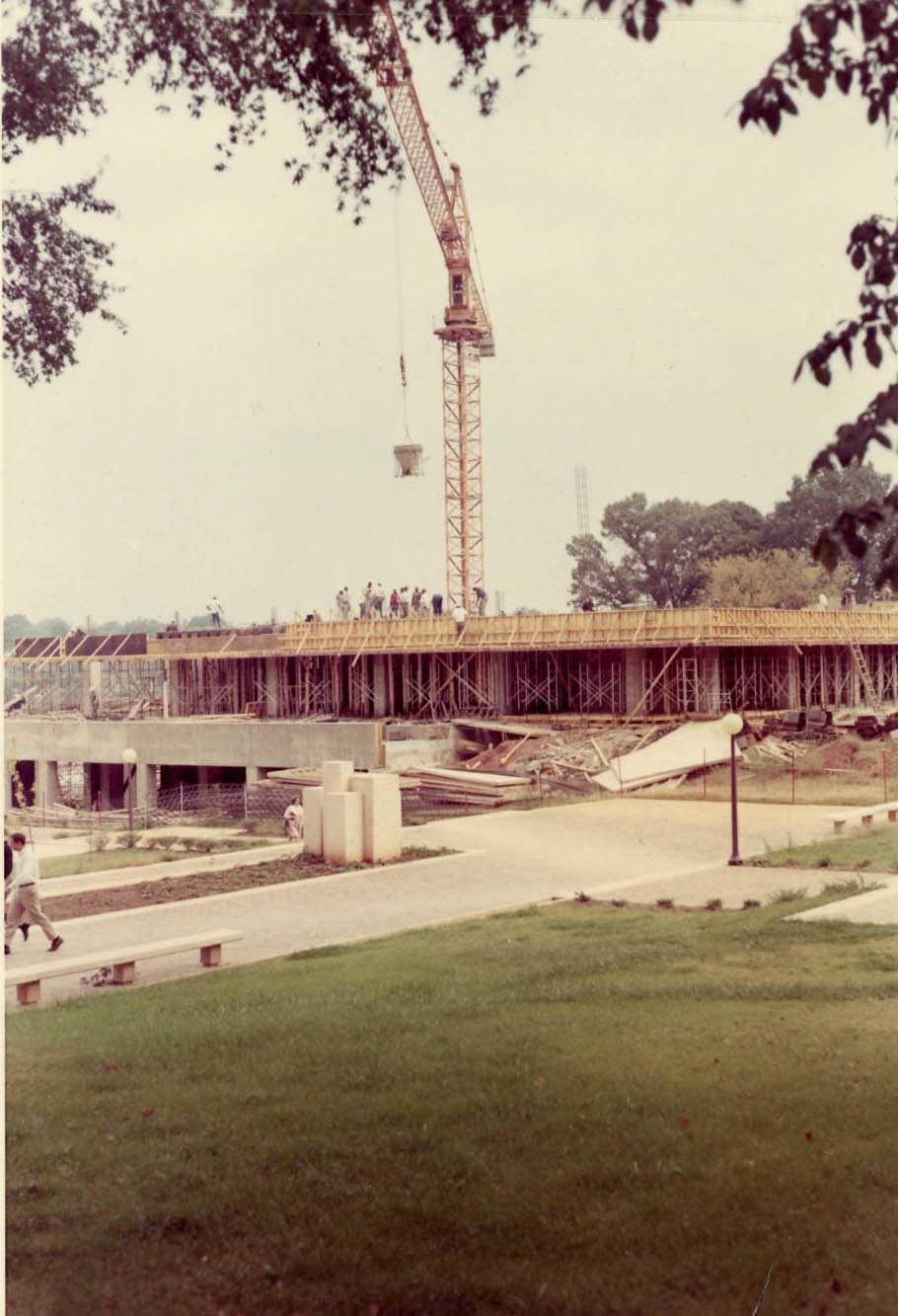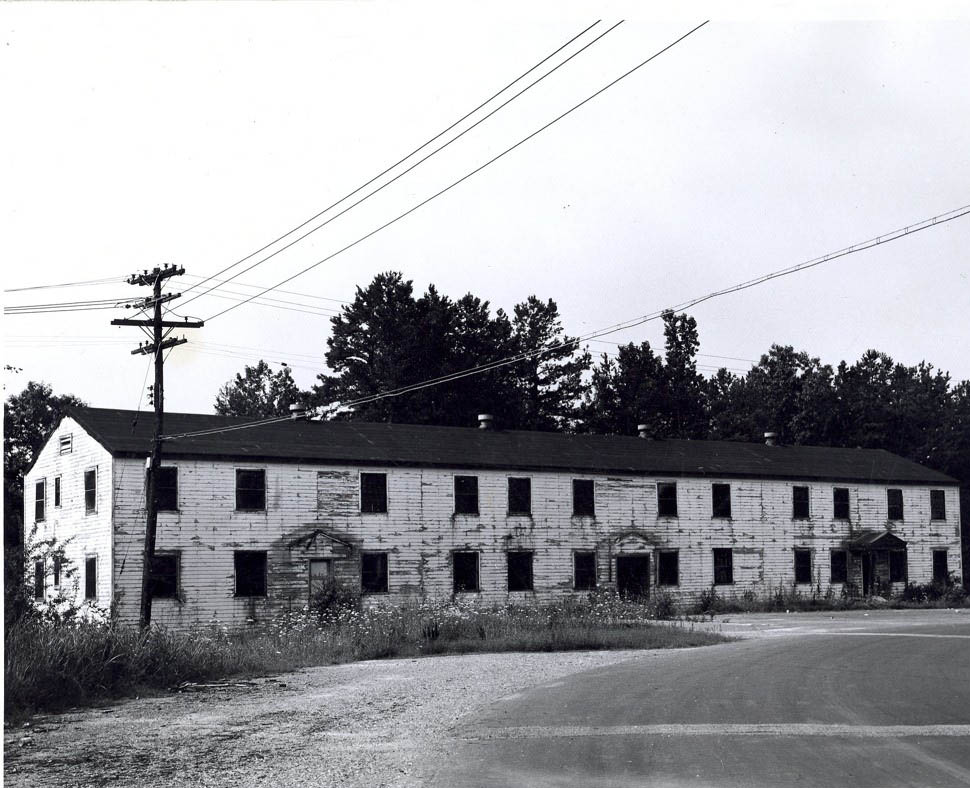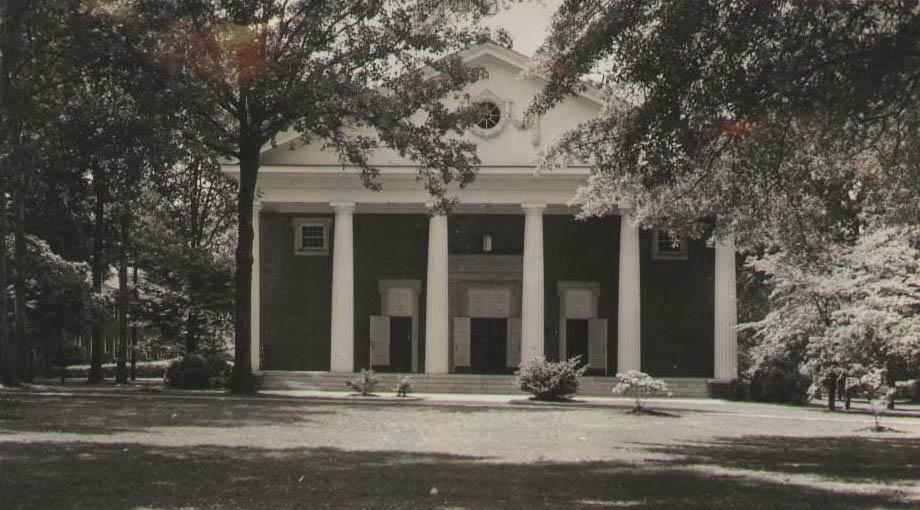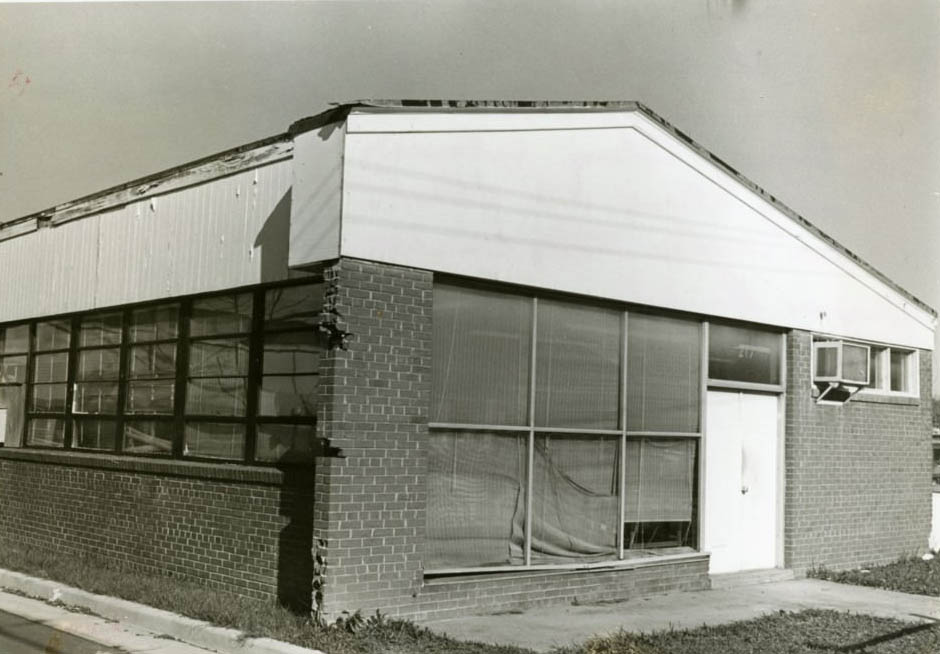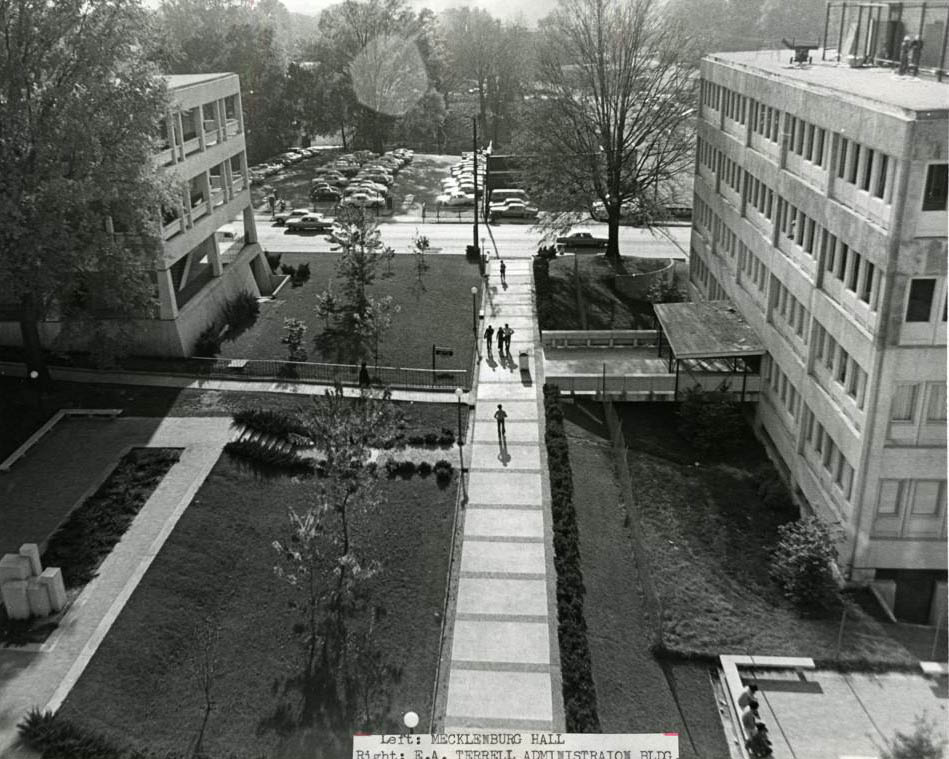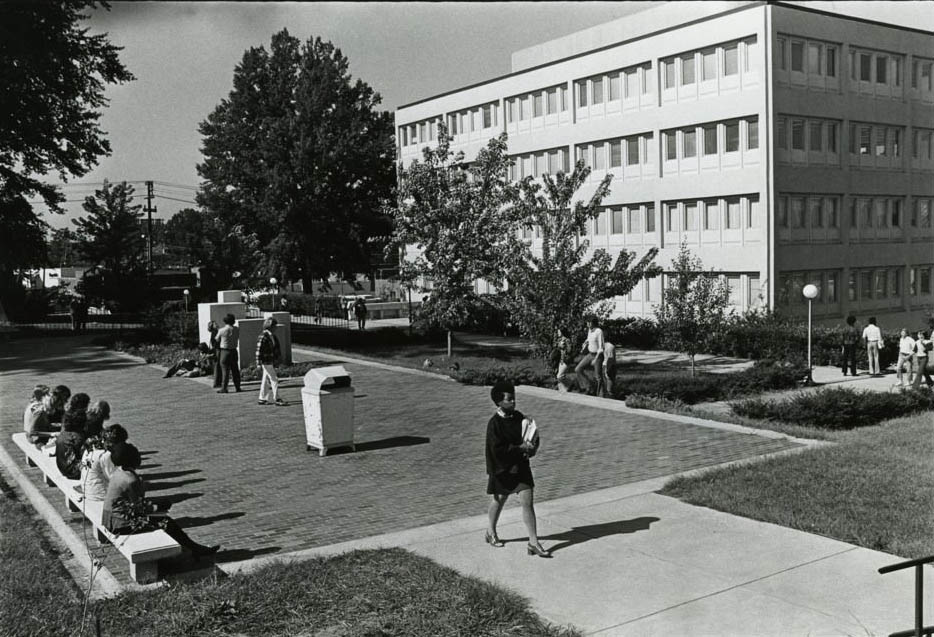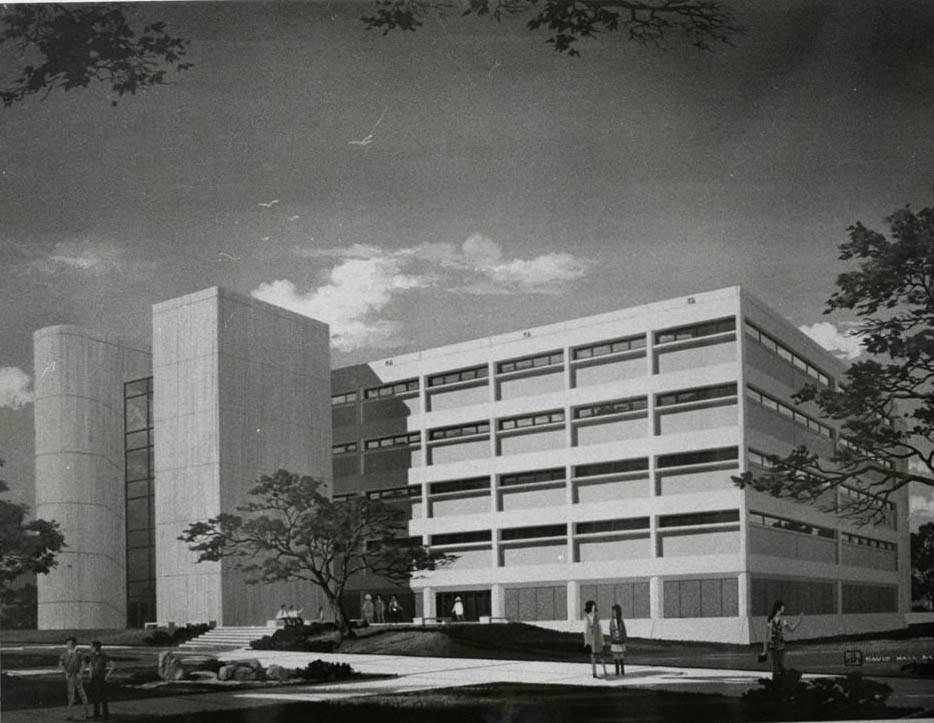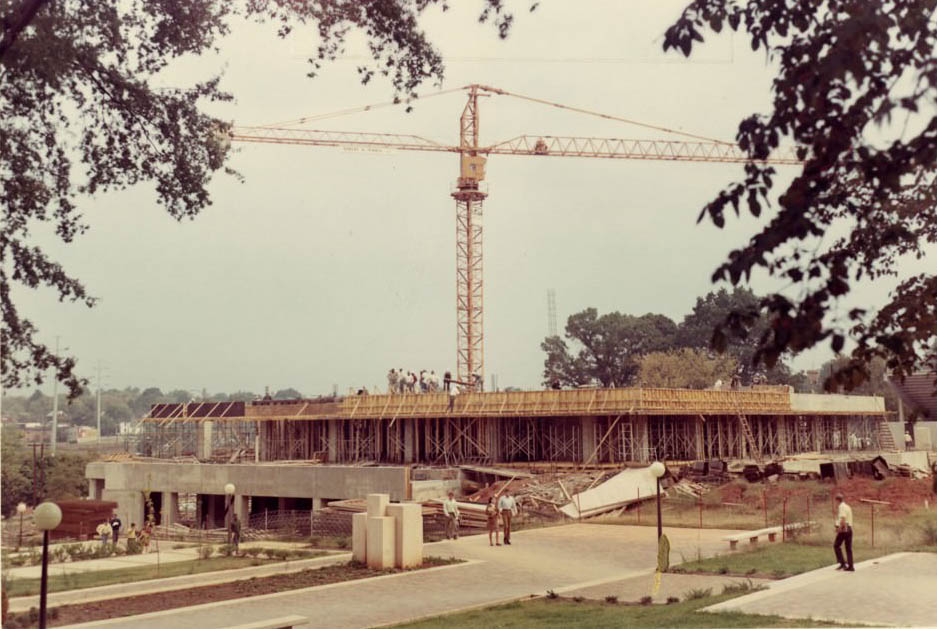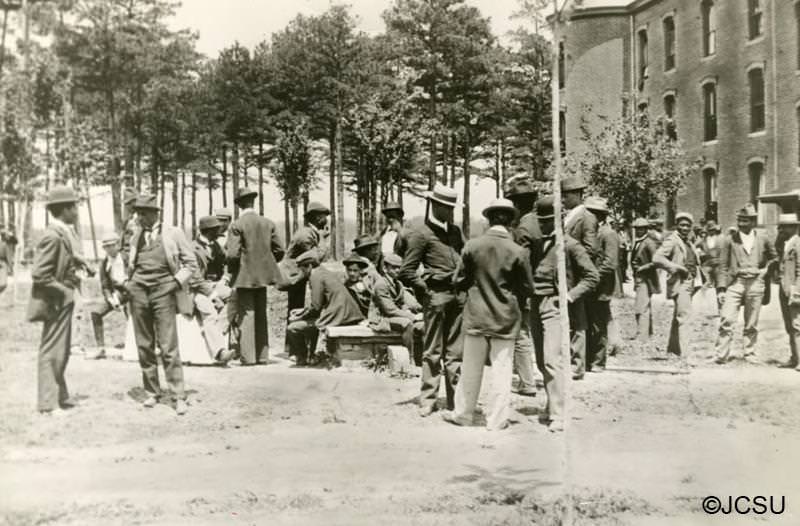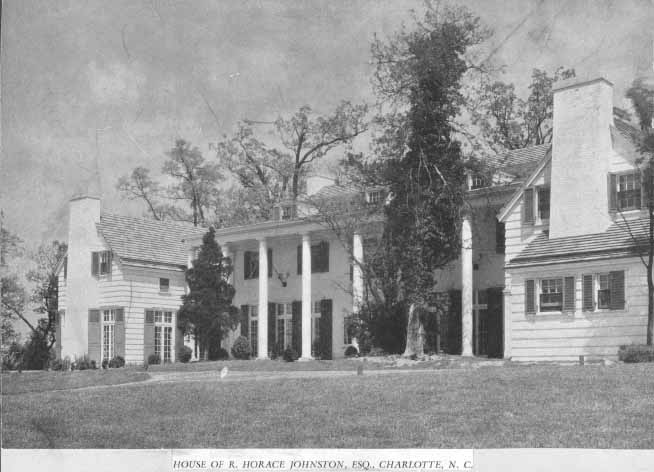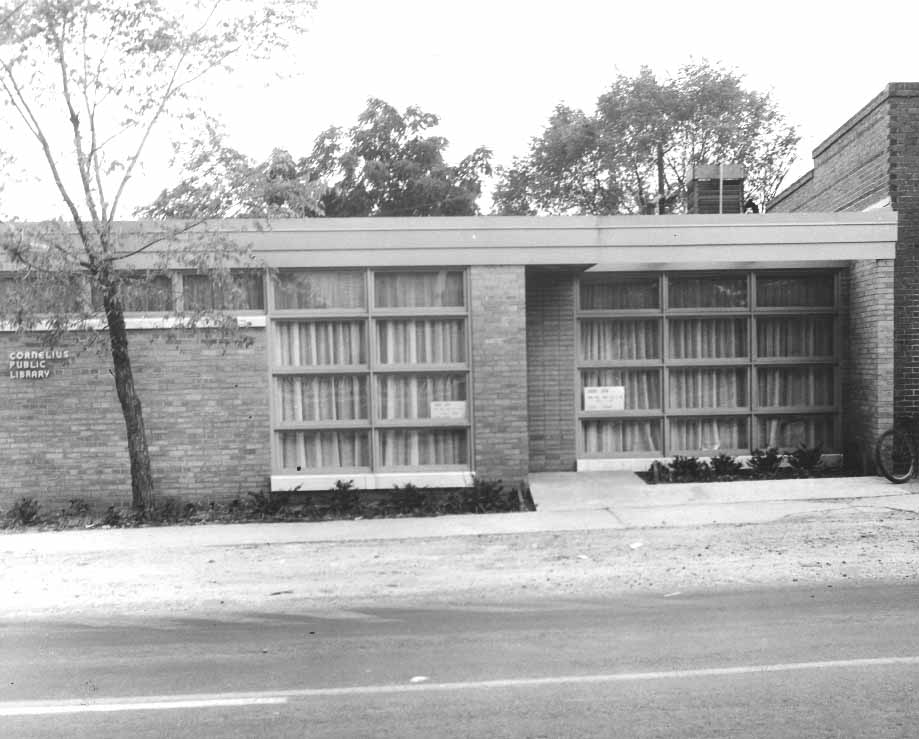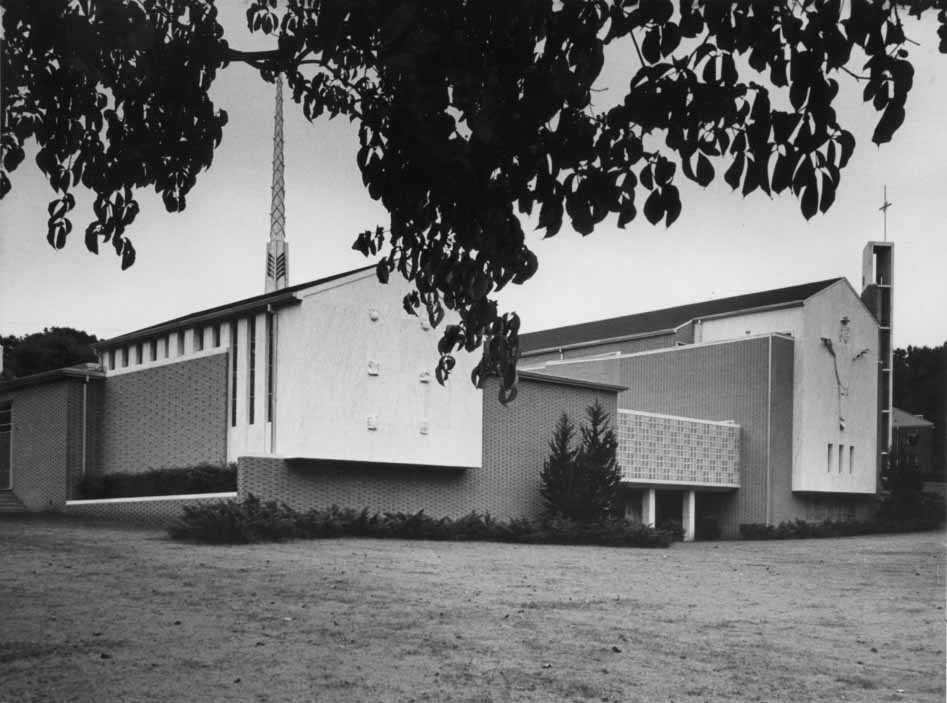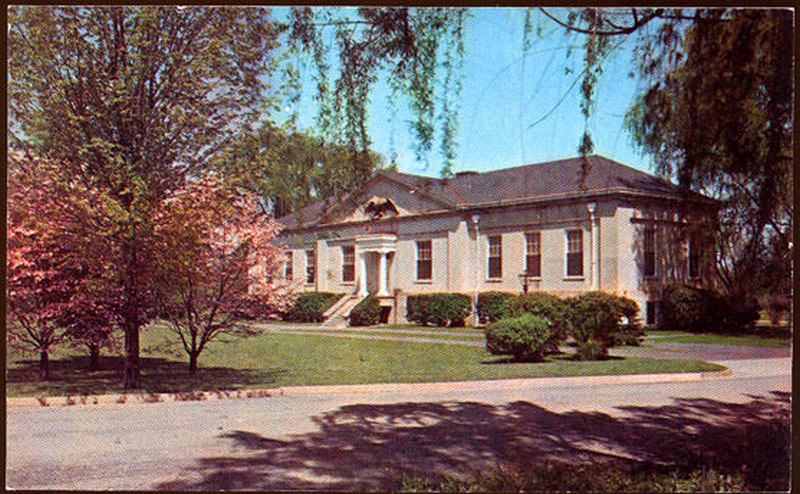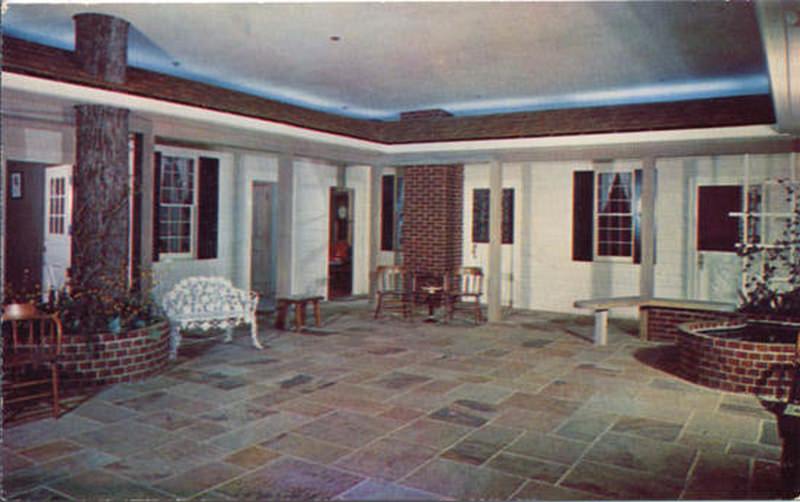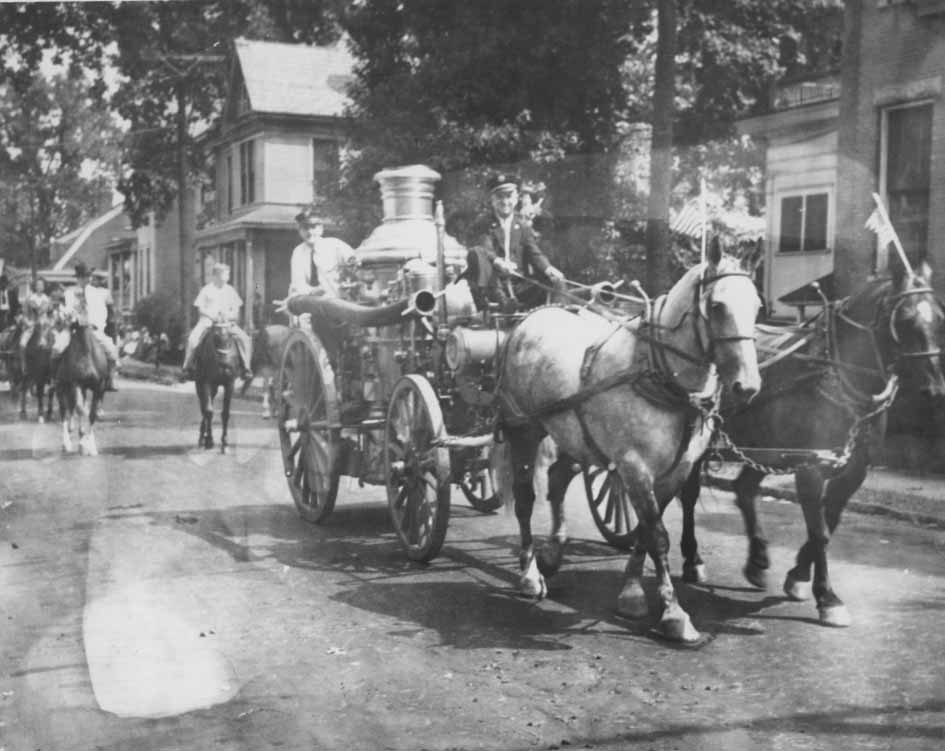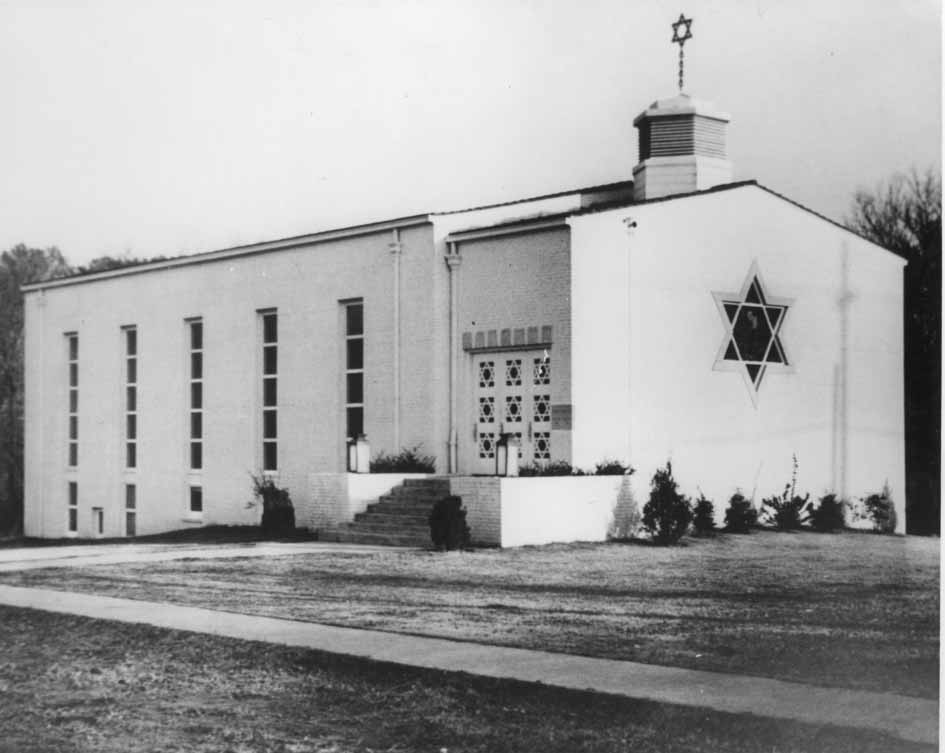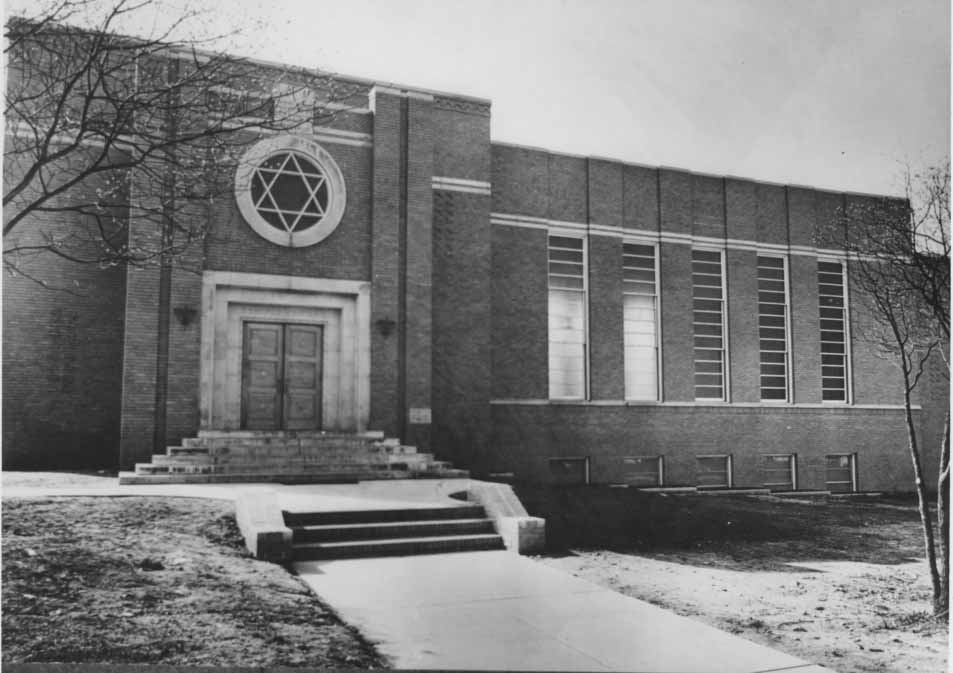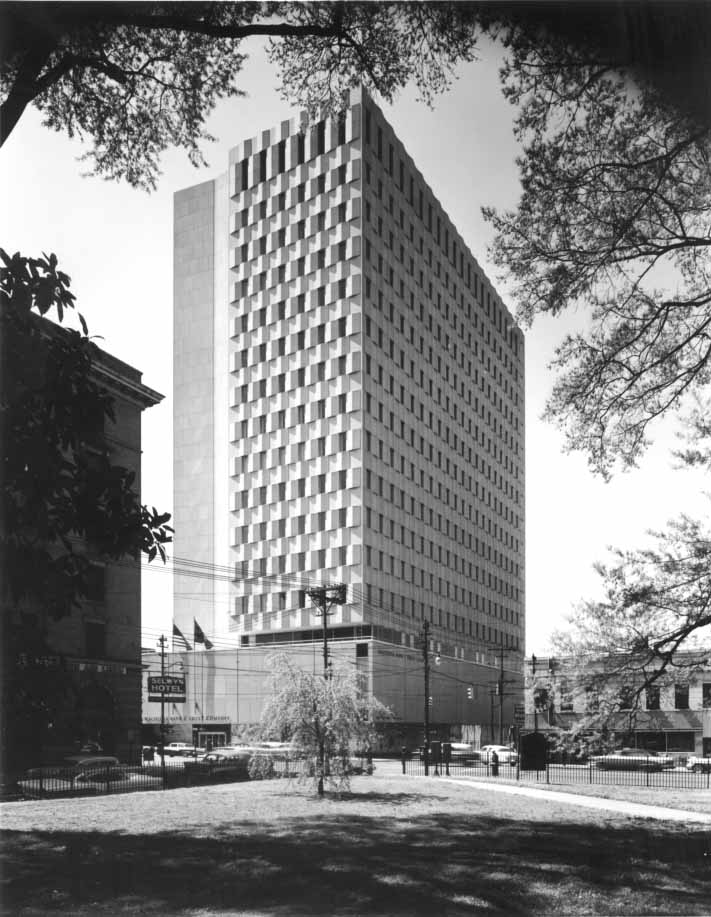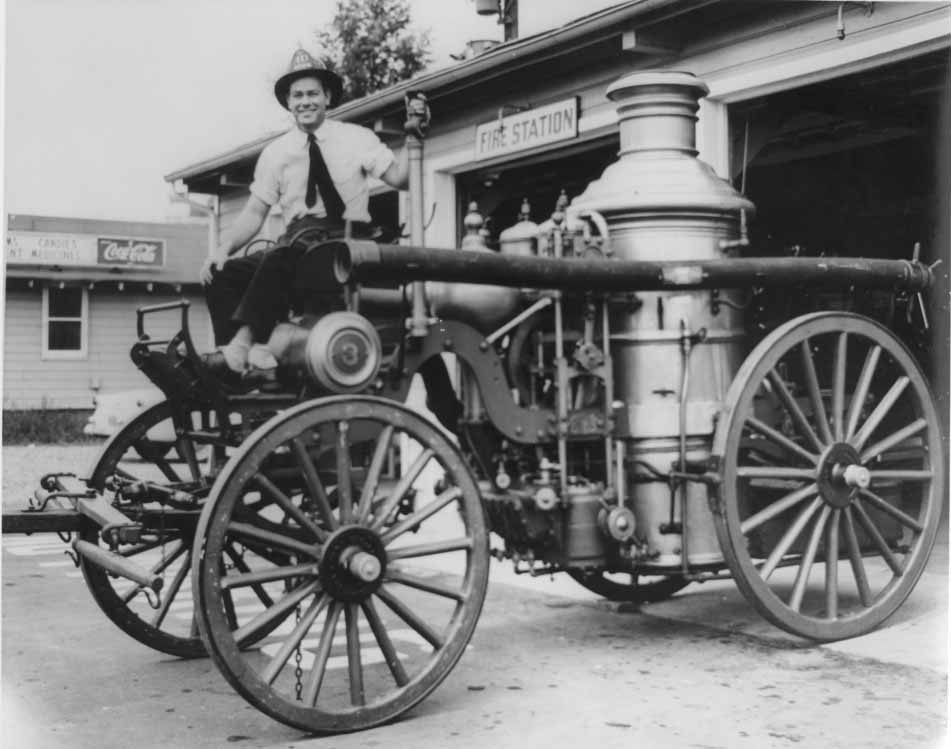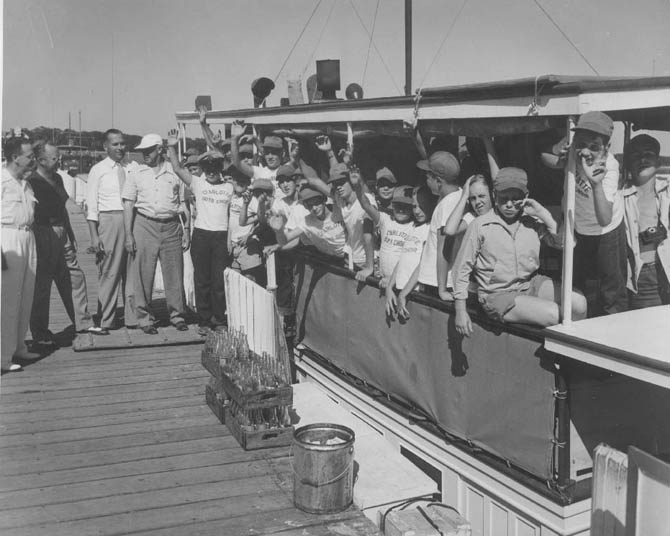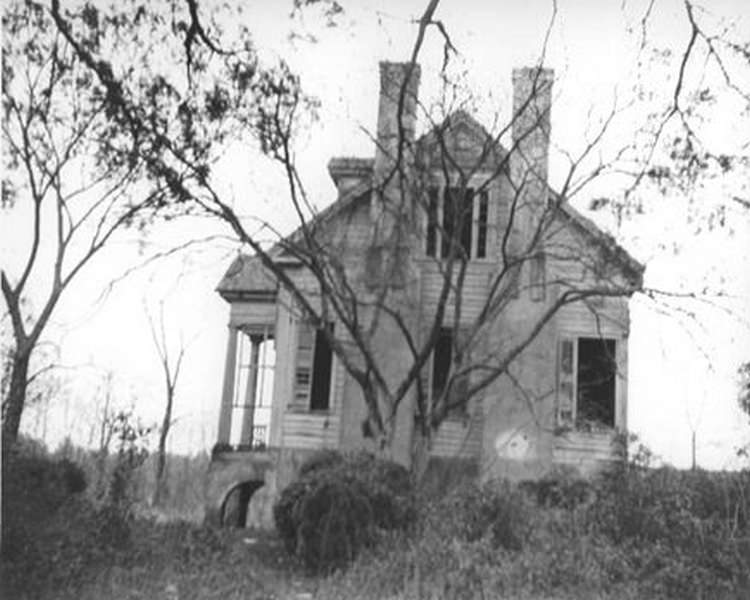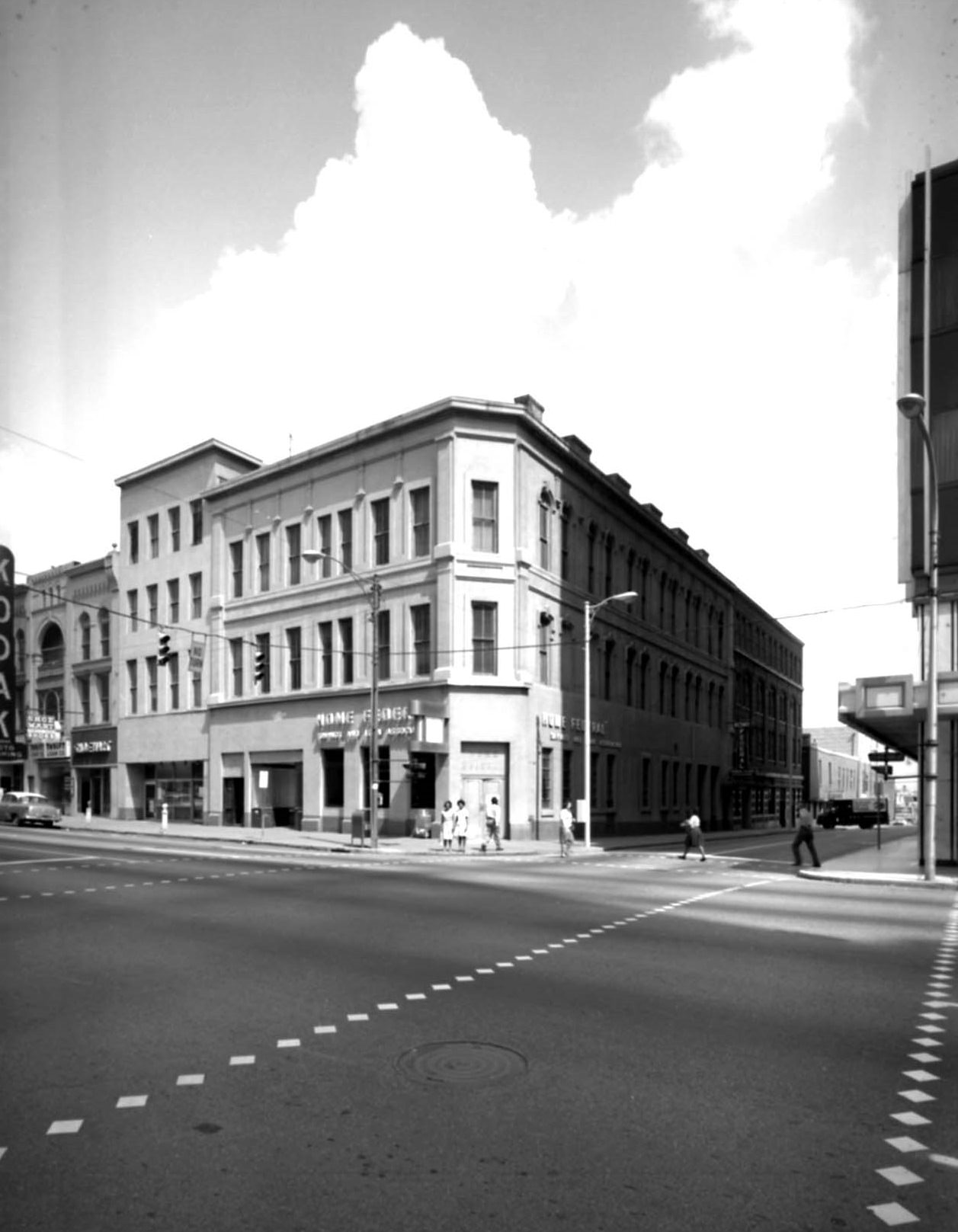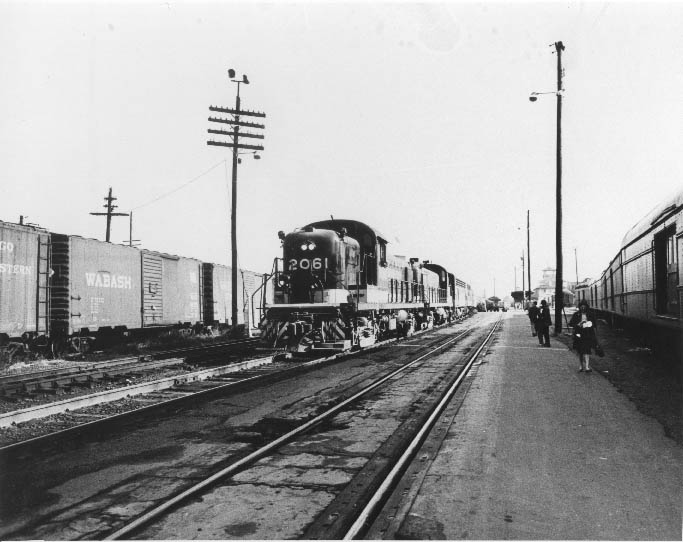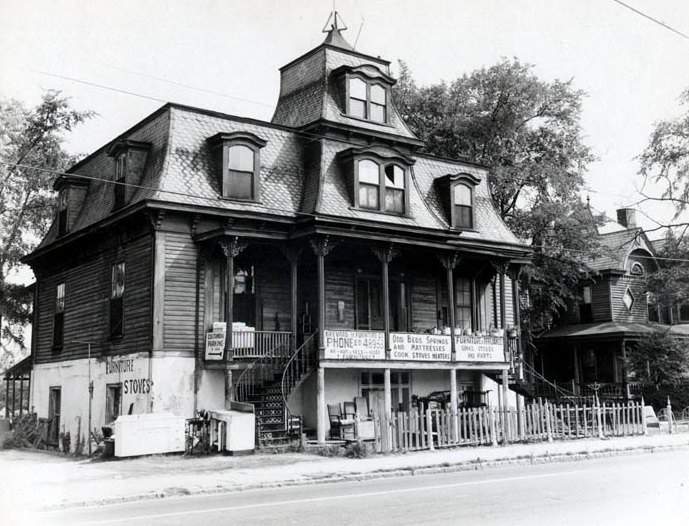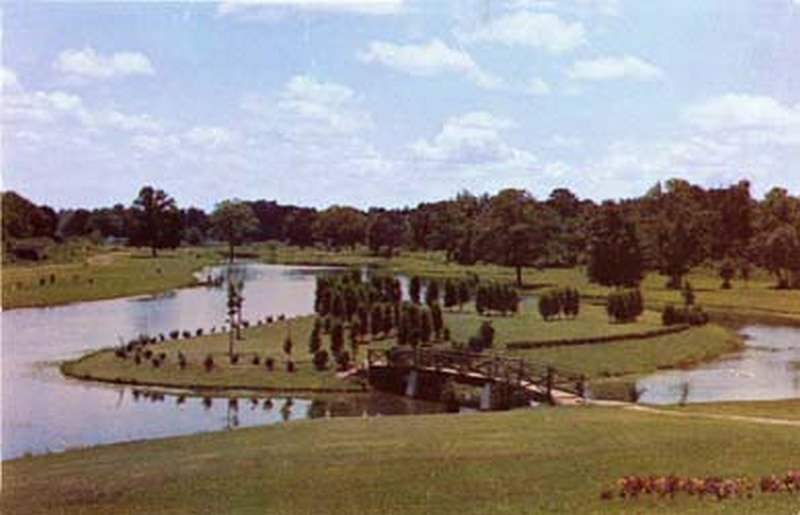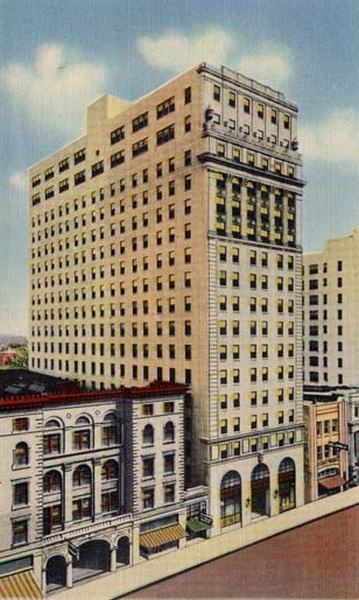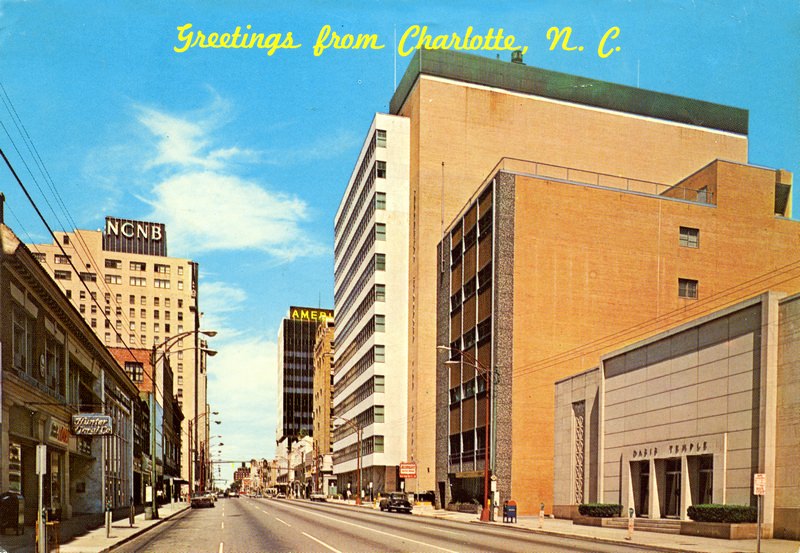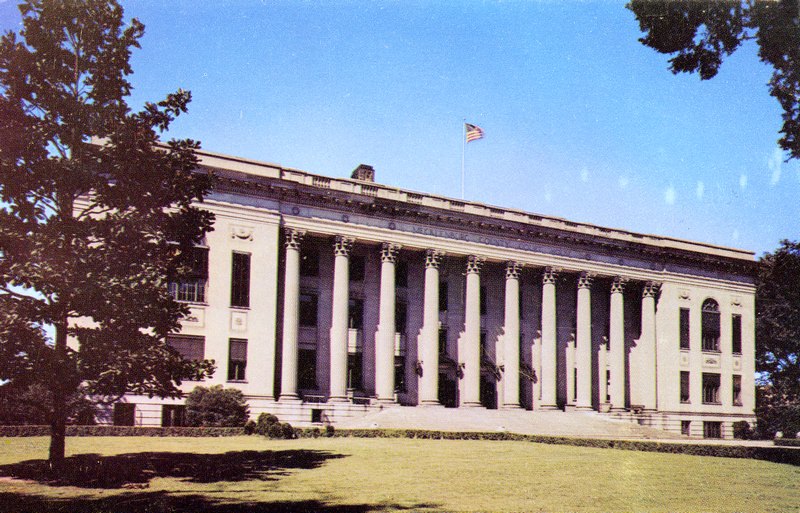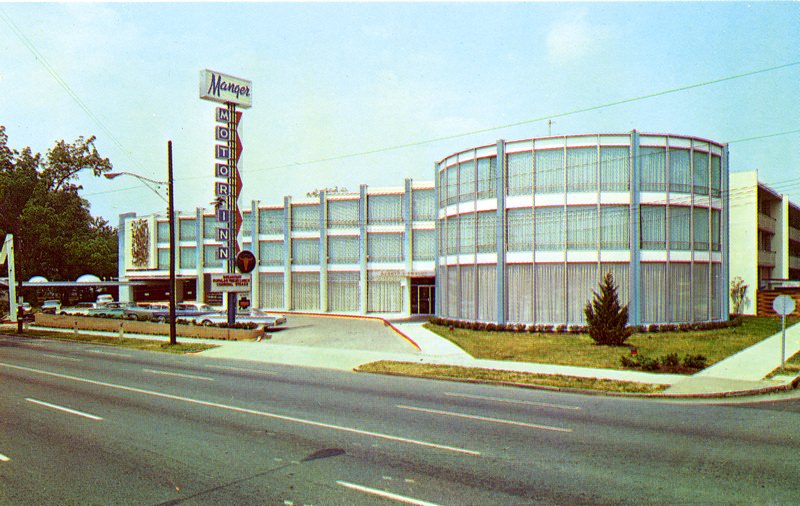The Post-WWII era brought rapid development in Charlotte and the city was growing steadily during the 1960s. Charlotte’s non-white population increased by 50.5% between 1950 and 1960, from 37,511 to 56,471.
Through the years, this division continued to define Charlotte, as the city divided into areas based on race and income. In the southeast of the city, wealthy white families lived, while low- and moderate-income whites lived in the northeast and southwest. When government-sponsored urban renewal policies eliminated the vibrant Brooklyn community, African Americans concentrated in the northwest. Slum clearance or “urban renewal”, as it was often called, was a fracturing force of displacement and cultural eradication for African Americans. Federal policy was in effect nationwide from the 1950s until the 1970s, and on the surface appeared to be benevolent. Several policymakers promised to remove and replace “blighted” housing, and cities pledged to purchase shacks and tenements along dirt roads and sell them at reduced prices to private developers, who would replace them with better affordable housing. Over three decades, urban renewal policies destroyed more affordable housing than they created, and displaced thousands of minority families across the country.
Below are some amazing historical photos that show Charlotte, NC in the 1960s. Also check, Charlotte in the 1940s and 1950s.
#1 Anderson’s Restaurant (Interior), 1960
#2 Former Morris Field Hospital Building, 1963
#3 Presbyterian Hospital, 1961
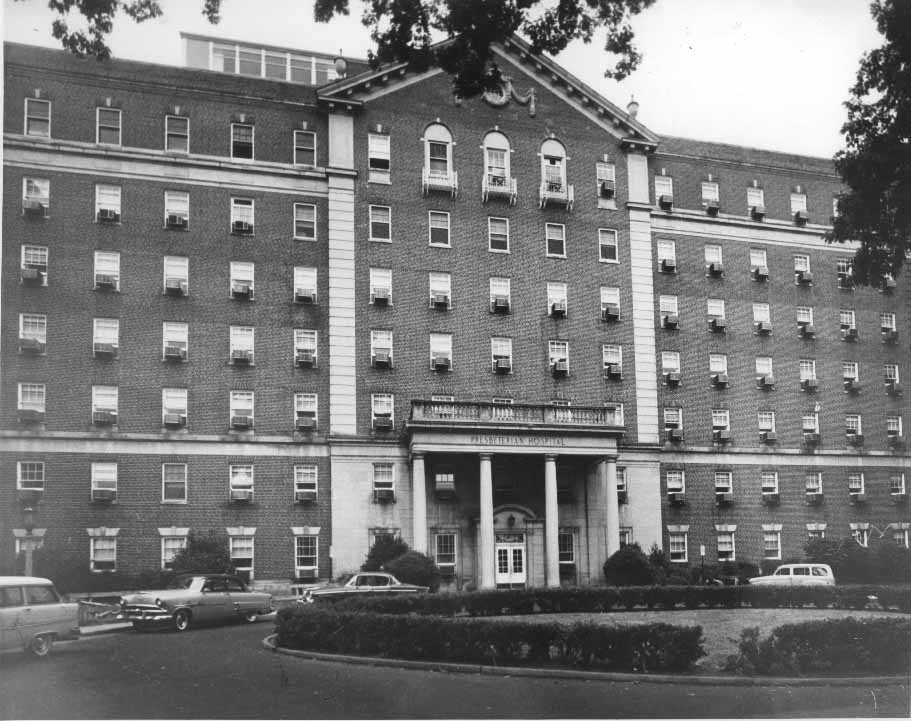
Presbyterian Hospital began as a private institution in 1898, but was later presented as a gift to local Presbyterian Churches in 1903. This is the second location of the hospital. The hospital began occupying the buildings formerly owned by Elizabeth College in 1917. It is located at the intersection of Hawthorne Lane and Elizabeth Avenue.
#4 Berry Hall, 1960s
#5 Home Federal Savings and Loan / Buford Hotel, 1965
#6 Morris Field Building, 1963
#7 Students walking during a Civil Rights march, 1960s
#8 The Cathedral of St. Patrick, 1960s
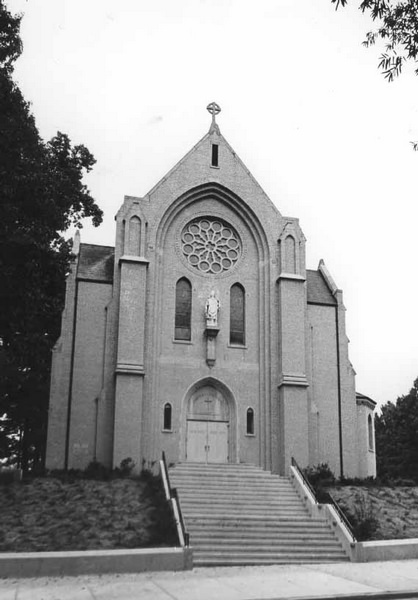
Located on Dilworth Road, The John Henry Phelan family of Beaumont, Texas donated the funds to build the Saint Patrick in loving memory of his parents, Patrick and Margaret Adele Phelan. Frank Frimmer, an Austrian native known for remodeling famous Old World churches, designed and supervised construction of the church, with its gray stucco face, 400-seat nave, balcony and 77-foot tall tower. The ground breaking took place on March 17, 1939. On Sept. 4, 1939, Bishop Eugene J. McGuinness of Raleigh consecrated the church under the patronage of Saint Patrick. It became the first Catholic church in North Carolina to be consecrated immediately upon completion and in 1942 became a parish with Msgr. Arthur R. Freeman as pastor. On January 12, 1972, Pope Paul VI erected the Diocese of Charlotte and on that same day St. Patrick Church became the Cathedral of St. Patrick.
#9 The Cathedral of St. Patrick, 1961
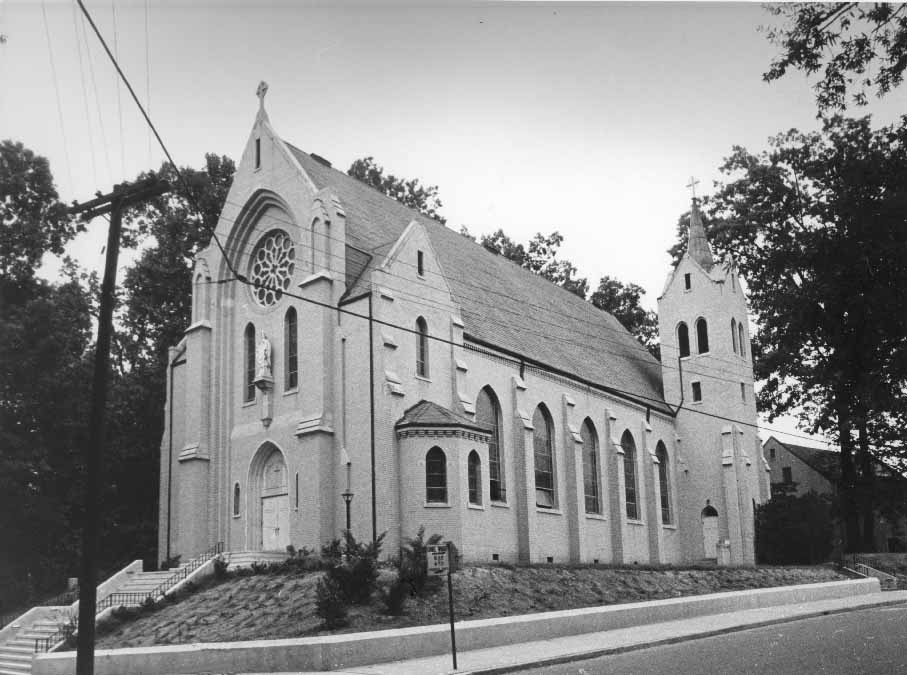
Located on Dilworth Road, The John Henry Phelan family of Beaumont, Texas donated the funds to build the Saint Patrick in loving memory of his parents, Patrick and Margaret Adele Phelan. Frank Frimmer, an Austrian native known for remodeling famous Old-World churches, designed and supervised construction of the church, with its gray stucco face, 400-seat nave, balcony and 77-foot-tall tower. The ground breaking took place on March 17, 1939.
On Sept. 4, 1939, Bishop Eugene J. McGuinness of Raleigh consecrated the church under the patronage of Saint Patrick. It became the first Catholic church in North Carolina to be consecrated immediately upon completion and in 1942 became a parish with Msgr. Arthur R. Freeman as pastor. On January 12, 1972, Pope Paul VI erected the Diocese of Charlotte and on that same day St. Patrick Church became the Cathedral of St. Patrick.
#10 Hezekiah Alexander House, 1969
#11 Southern Railway Passenger Station, 1962
#12 Freedom Park Outdoor Theater, 1960
#13 Oaklawn Community Mausoleum, Charlotte, 1960s
#14 Trees- From Morrison Dorm, 1963
#15 Van Every building, 1960s
#16 Group of students on the steps of Biddle Hall, 1960s
#17 Osborne Motel, 1962
#18 Rosedale House, 1960
#19 St. Peter’s Episcopal Church, 1960
#20 James K. Polk House, 1968
#21 Charlotte skyline, 1963
#22 Freedom Park, 1960
#23 Rural Hill (Outbuilding), 1960
#24 Senator John F. Kennedy in Charlotte on January 17, 1960 during his first Presidential campaign.
#25 The Southern Railway Passenger Station as it appeared from Depot Street in November 1962.
#26 Charlotte City Hall, 1960
#27 Douglas Municipal Airport, 1960
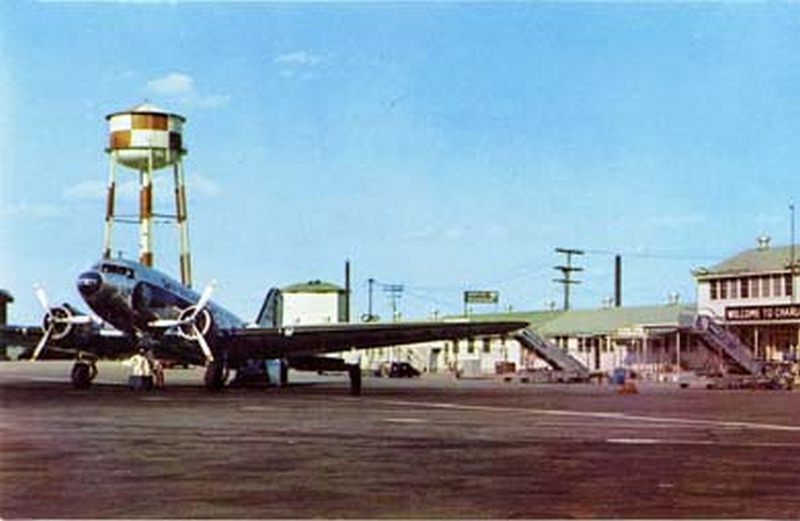
The Charlotte Municipal Airport opened in 1936 under the auspices of the city of Charlotte. During World War II, the United States Army Airforce took over the management of the airport and established Morris Field Air Base in 1941. The airfield was used by the Third Airforce for antisubmarine patrols and training. After the war, a passenger terminal was added, and the airport was renamed the Douglas Municipal Airport in honor of Mayor Ben E. Douglas (1894-1981).
#28 Charlotte Memorial Hospital, 1961
#29 Library (Exterior) During Construction, 1968
#30 Former Officers Quarters BOQ, 1963
#31 Diana Courtyard and Morrison Hall, 1960s
#32 Library (Exterior) After Construction, 1966
#33 Library (Exterior) During Construction, 1968
#34 Former Officers Quarters Building 270, 1963
#35 Belk Chapel, Charlotte, 1960s
#36 Honey Building in Charlotte, 1960s
#37 Terrell building, 1960s
#38 Terrell Building, 1960s
#39 Architectural Rendering of the ATC building, 1960s
#40 Library (Exterior) During Construction, 1968
#41 Student block session outside Biddle Hall, 1960s
#42 R. Horace Johnston residence, 1960
#43 Cornelius Branch, 1965
#44 St. Mark’s Lutheran Church, 1961
#45 United States Federal Courthouse and Post Office in Charlotte, 1960
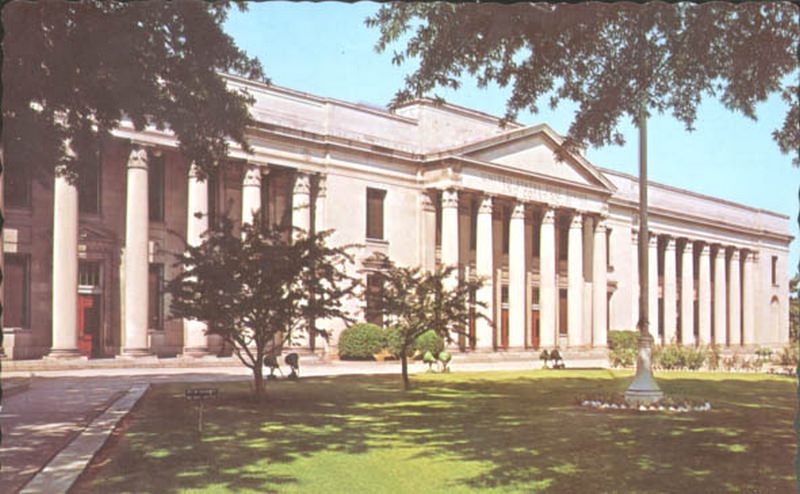
The Charles R. Jonas Federal Building is an historic two-story, limestone structure in the neo-classical design. Completed in 1915, it is located at 401 West Trade Street, in Charlotte. At various times it has served as a courthouse of the United States District Court for the Western District of North Carolina, and a United States post office. In 1975, the building was renamed in honor of long-serving North Carolina Congressman Charles R. Jonas, and was transferred to the city in exchange for land in the fall of 2005. The city leases the building to the federal government for continued use.
#46 Mint Museum of Art, 1960
#47 Lance House Interior, 1960
#48 Firemen riding Engine No .2 during a procession, 1960
#49 Temple Beth El, 1960
#50 Temple Israel, 1960
#51 The Wachovia Bank Building on South Tryon Street, 1961
#52 Steam fire engine at a Charlotte station, 1965
#53 The Charlotte Boys Choir during a trip to Daytona, Florida, 1960
#54 Senator John F. Kennedy, 1960
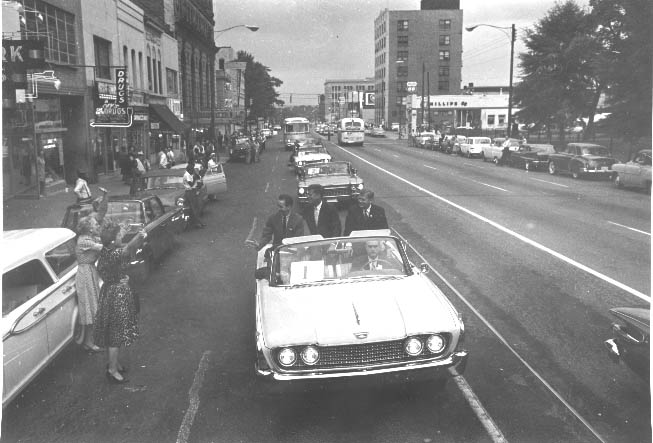
Senator John F. Kennedy campaigning during the 1960 Presidential election. He came to Charlotte on September 17, 1960. Front Seat: The driver, County Police Chief George Stephens, and Governor Luther Hodges. Back seat from left to right: David Clark, Senator Kennedy and Terry Sanford.
#55 Springs-Wilson House, 1965
#56 Home Federal Savings and Loan aka Buford Hotel, 1960s
#57 Passenger Train, 1962
#58 House later Antique Store, 1968
#59 Freedom Park, 1960
#60 Johnston Building on South Tryon Street, 1960
#61 South Tryon Street, 1966
#62 Mecklenburg County Courthouse, 1966
#63 Manger Motel, 1965
#64 Golden Eagle Motor Inn, 1966
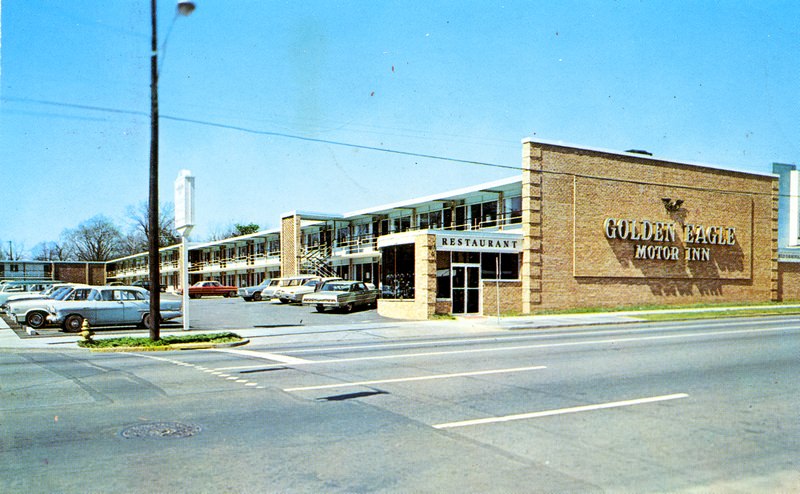
The Golden Eagle Motel was located at 601 North Tryon St., at the corner of Tryon and 9th Streets. The back of the card contains the following information:
"150 attractively decorated rooms and suites, each with T.V., room-controlled air-conditioning and heat, direct dial phones, wall-to-wall carpeting and tile baths. Restaurant and swimming pool. Comfortable rooms...reasonable prices...friendly atmosphere."


